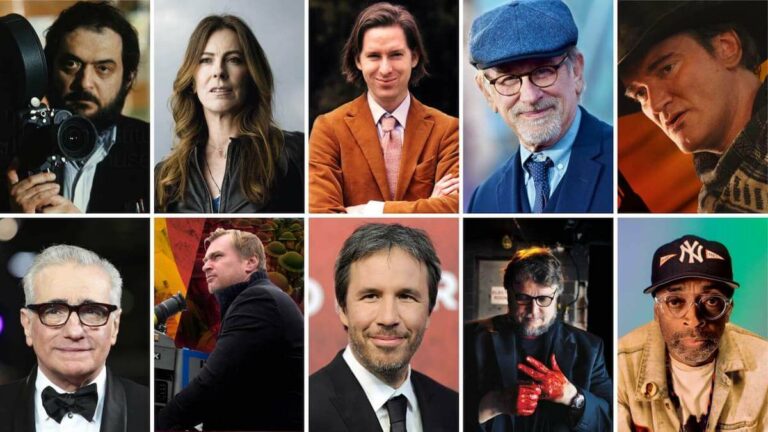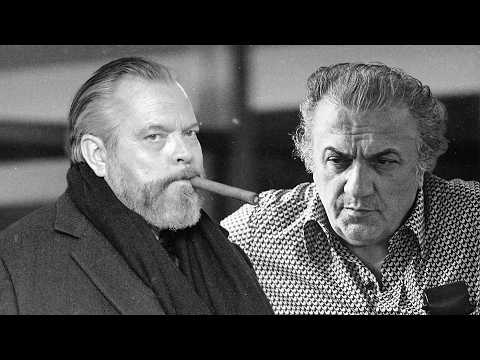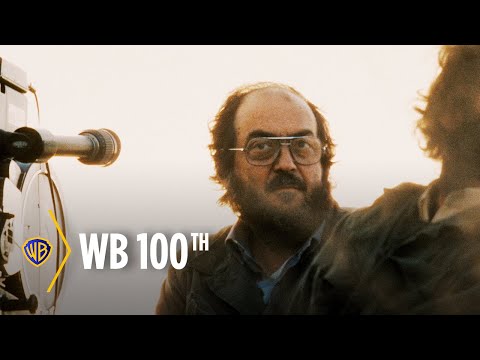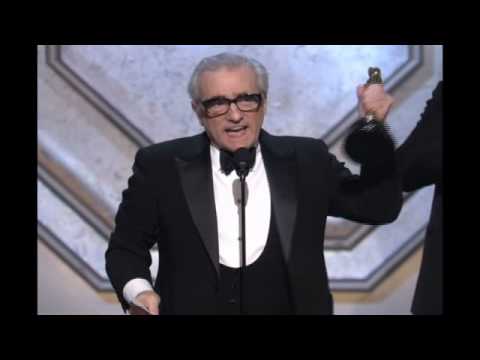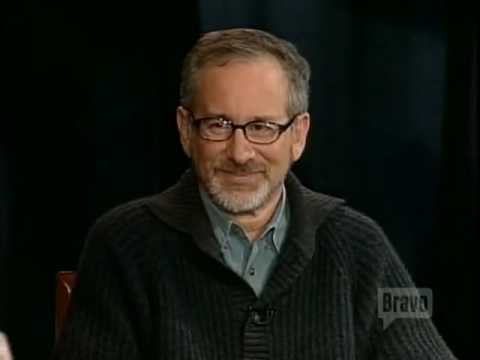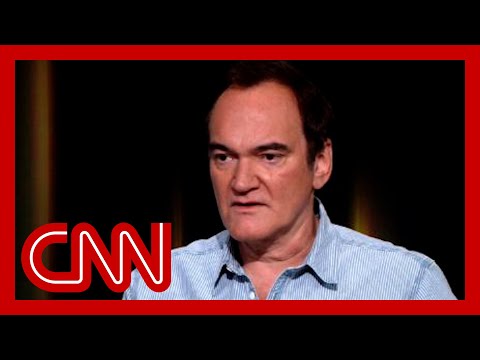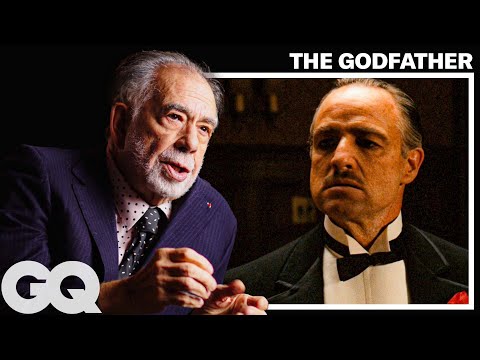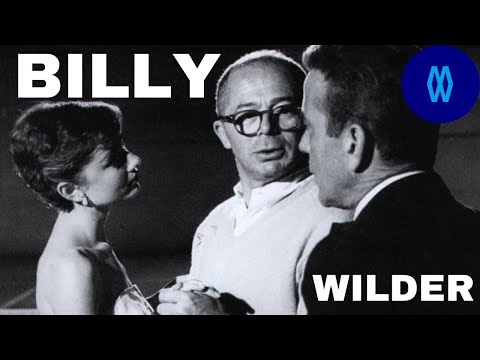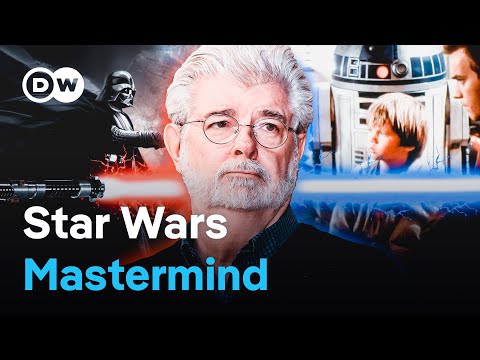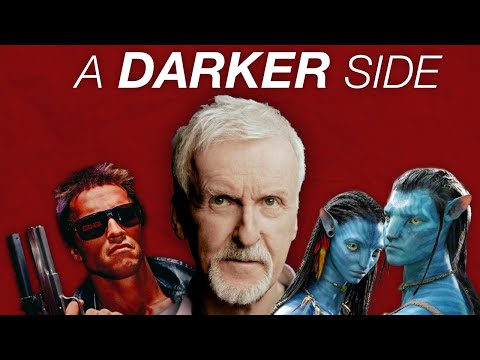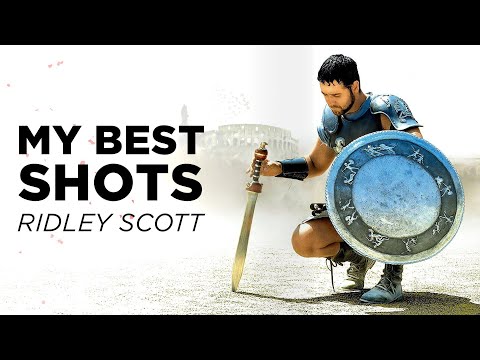The landscape of Hollywood cinema has been profoundly shaped by the vision and craftsmanship of its directors. These filmmakers have not only entertained millions but also pushed the boundaries of storytelling, visual effects, and character development. The influence of these directors extends beyond their films, impacting the industry and aspiring filmmakers worldwide. This article delves deep into the careers, styles, and legacies of the top 12 most influential Hollywood directors of all time. Each director’s unique approach to filmmaking and the ways in which they have changed cinema will be explored comprehensively.
1. Alfred Hitchcock
Alfred Hitchcock, known as the “Master of Suspense,” has left an indelible mark on the thriller and horror genres. Hitchcock’s career spanned six decades during which he directed over 50 feature films. His pioneering techniques in creating suspense and psychological tension are unmatched. Films like “Psycho,” “Rear Window,” and “Vertigo” not only showcase his ability to manipulate an audience’s feelings but also his innovative use of camera angles and editing techniques. Hitchcock’s legacy includes influencing not just film thrillers but also broad aspects of directorial and narrative techniques in cinema.
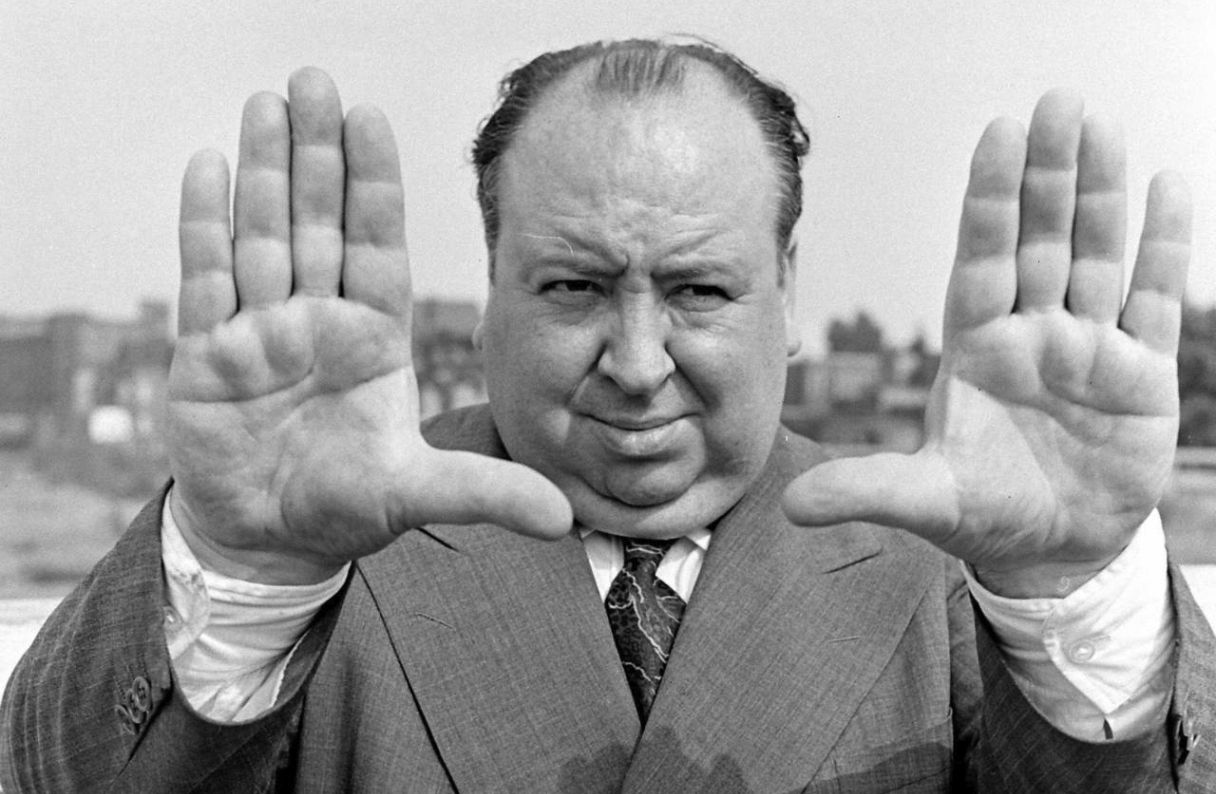
Influence on Narrative Techniques
Hitchcock’s approach to suspense and audience manipulation involved pioneering narrative devices including the famous “MacGuffin,” a plot element that drives the story but whose specific nature is unimportant to the overall narrative. This technique has been widely adopted and adapted by filmmakers across genres, demonstrating his lasting impact on storytelling.
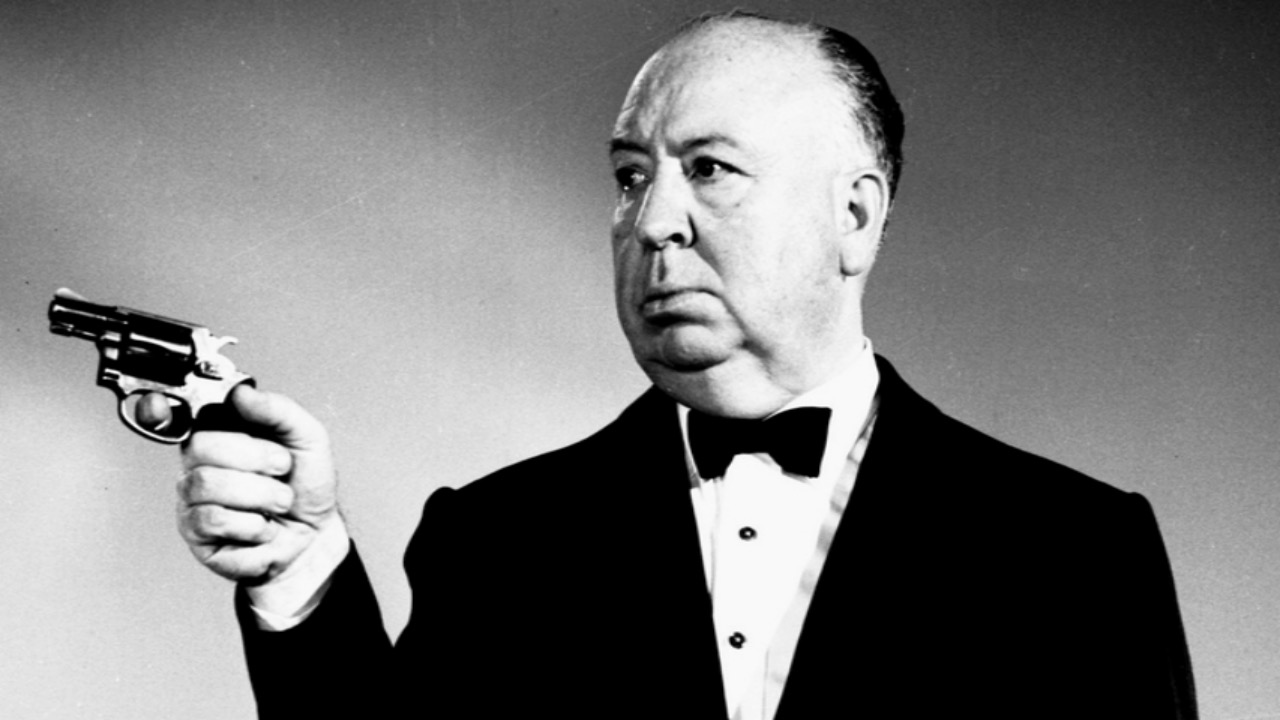
Technical Innovations
From the dolly zoom in “Vertigo” to the montage editing of the shower scene in “Psycho,” Hitchcock’s technical innovations have become staples in the filmmaker’s toolkit. His approach to using music, editing, and camera movement to enhance psychological tension was revolutionary at the time and remains highly influential in both film and television today.
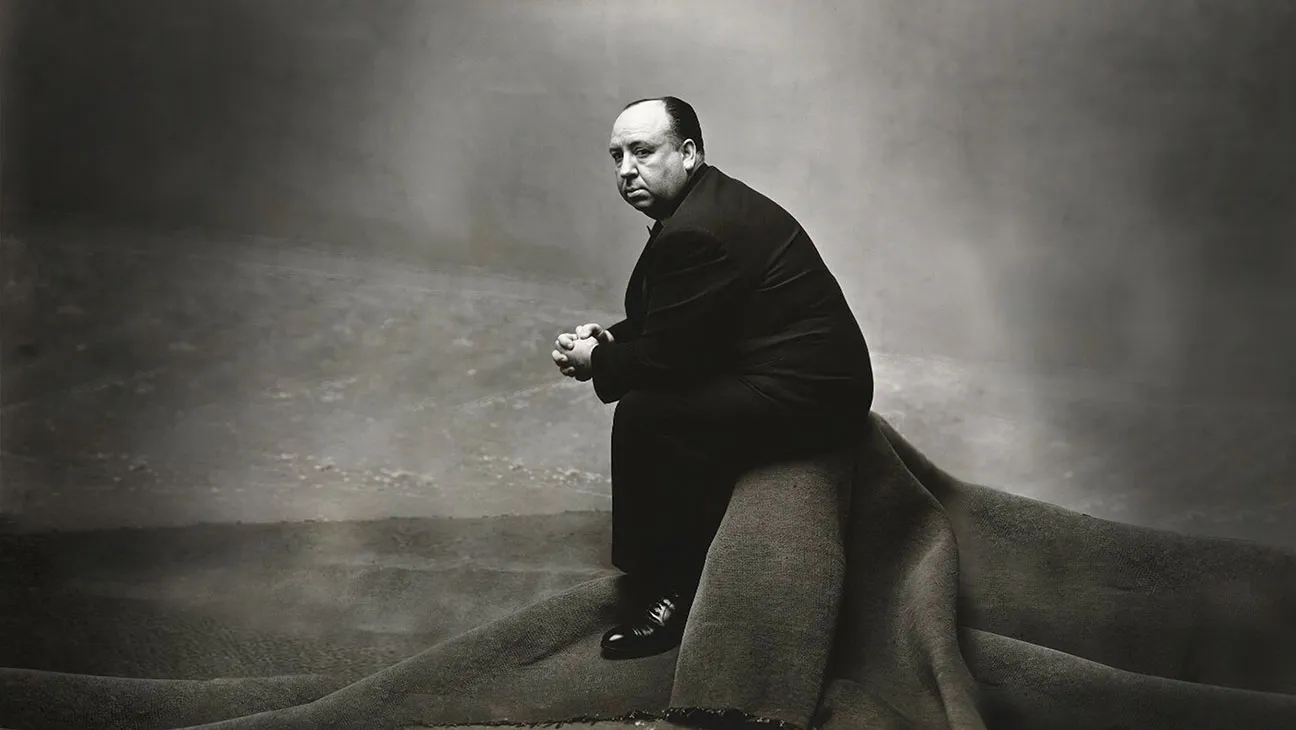
Legacy and Influence
Hitchcock’s films continue to be studied for their cinematic technique and narrative complexity. His influence is evident in the works of modern directors like David Fincher and M. Night Shyamalan, who mirror his style of suspense and audience engagement in their films.
2. Orson Welles
Orson Welles was a director whose innovative techniques in the use of lighting, sound, and narrative structure revolutionized film. His 1941 film, “Citizen Kane,” is frequently cited as the greatest film ever made, primarily due to its innovative use of deep focus photography, non-linear narrative, and complex character portrayal. Welles’ career is a testament to creative vision and the struggle for artistic control in the studio system.
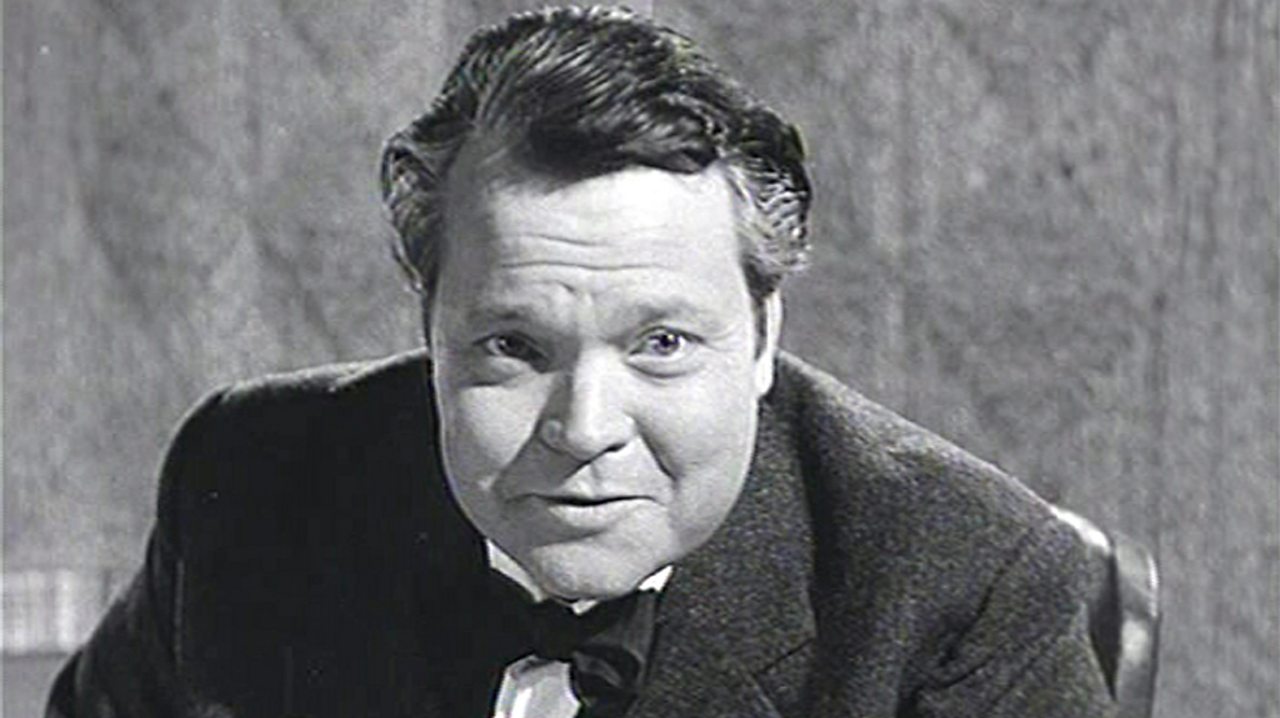
Revolutionary Cinematic Techniques
Welles’ use of deep focus and low-angle shots in “Citizen Kane” allowed for multiple planes of action and added depth to scenes, enhancing the narrative and the viewer’s immersion into the film. His blending of documentary and narrative techniques was also groundbreaking, as seen in “F for Fake,” which explores themes of authenticity and deception.
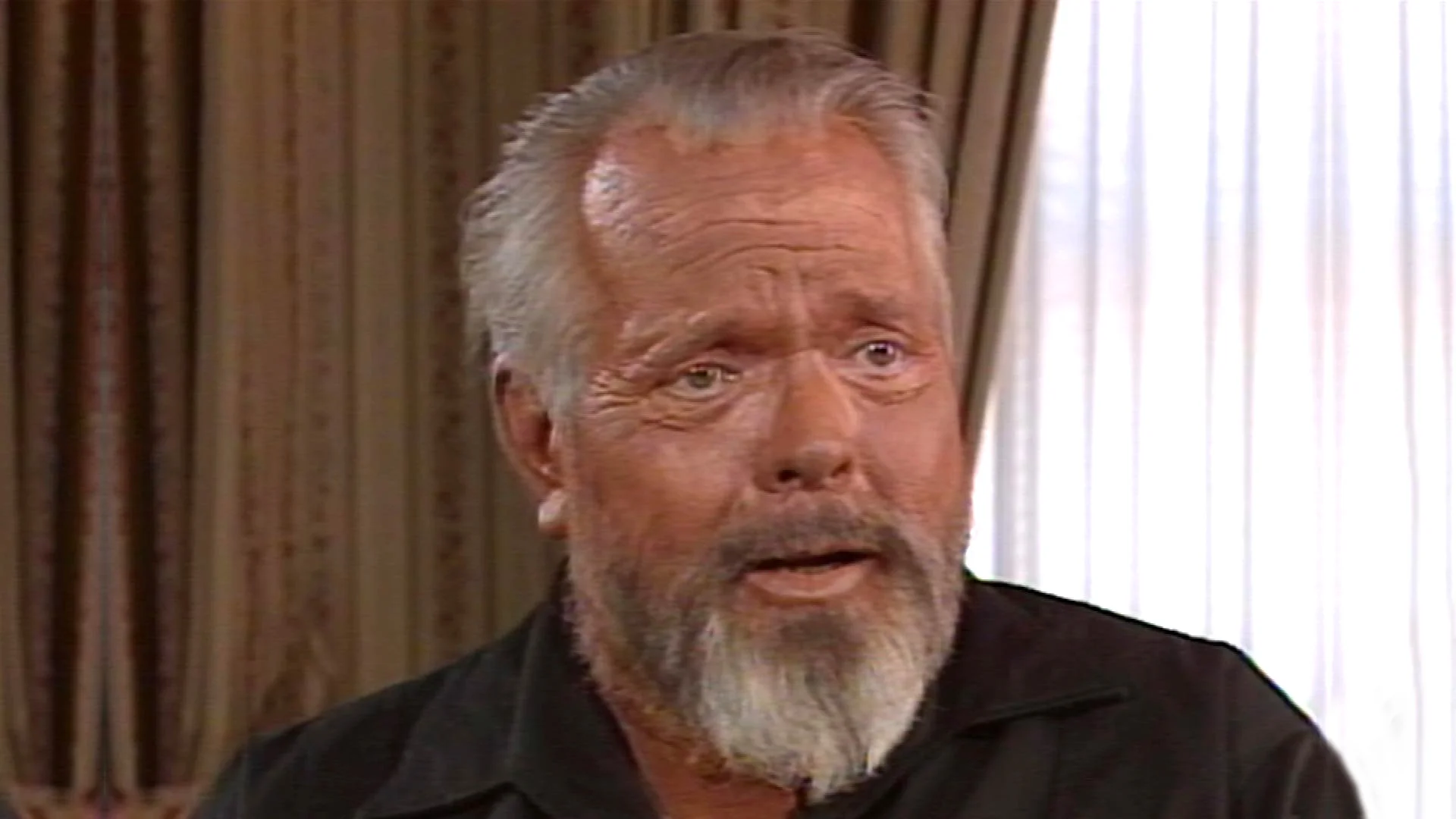
Challenges within the Studio System
Welles frequently battled with Hollywood studios over control of his films, often resulting in compromised versions of his visions being released. This clash between artistic vision and studio control is a recurring theme in discussions about his career, illustrating the challenges faced by innovative directors in Hollywood.
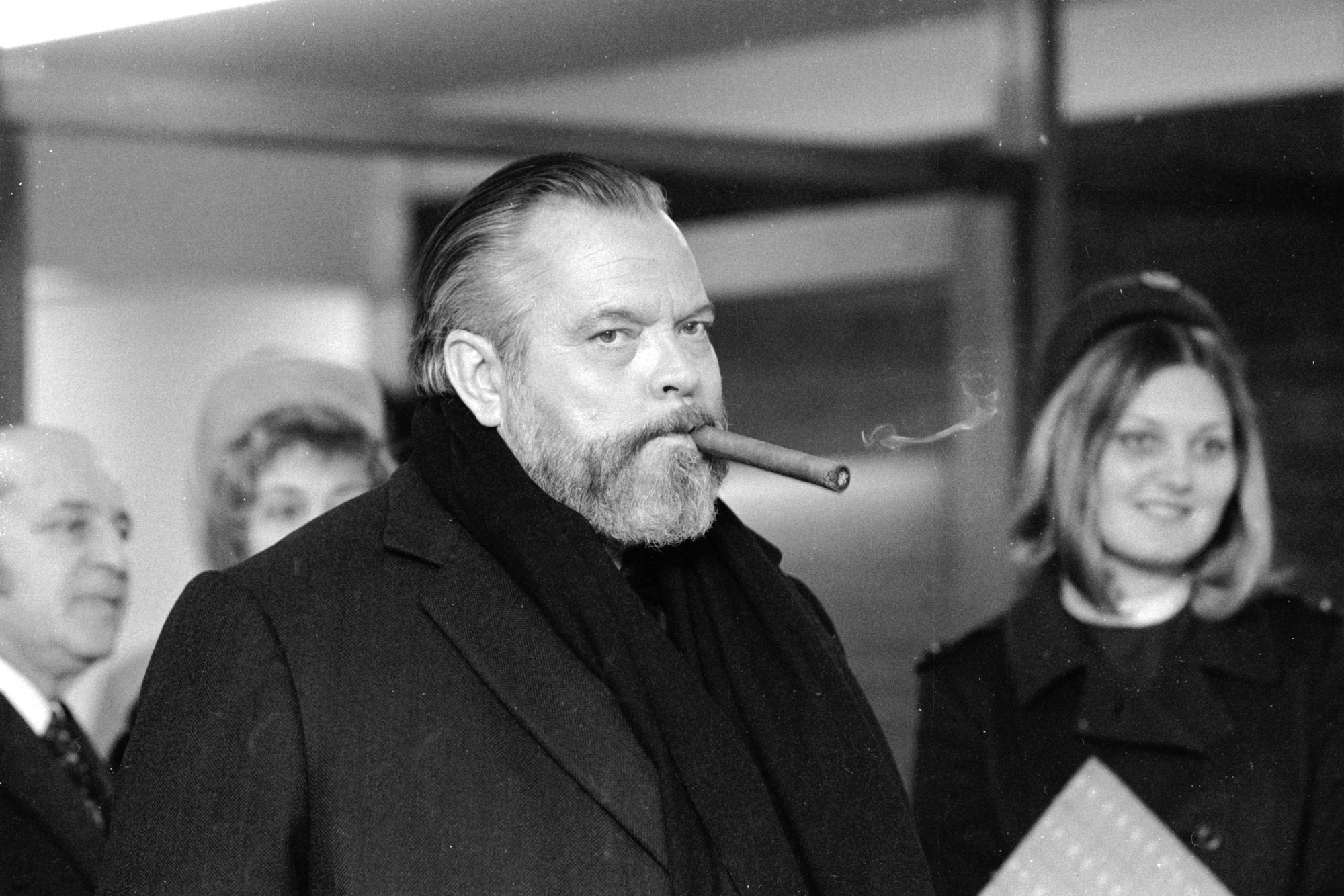
Influence on Film and Culture
Welles’ techniques and films have influenced countless directors and are cited as foundational in the study of film. Directors like Steven Spielberg and Martin Scorsese have acknowledged Welles’ influence on their work, particularly in their approaches to narrative structure and visual composition.
3. John Ford
John Ford is perhaps best known for his Westerns, which have helped to define the genre. Ford’s films, including “The Searchers” and “Stagecoach,” are noted for their portrayal of the American West, complex characters, and his distinctive visual style. Ford’s work has had a profound impact on both the genre and the depiction of American mythology in cinema.
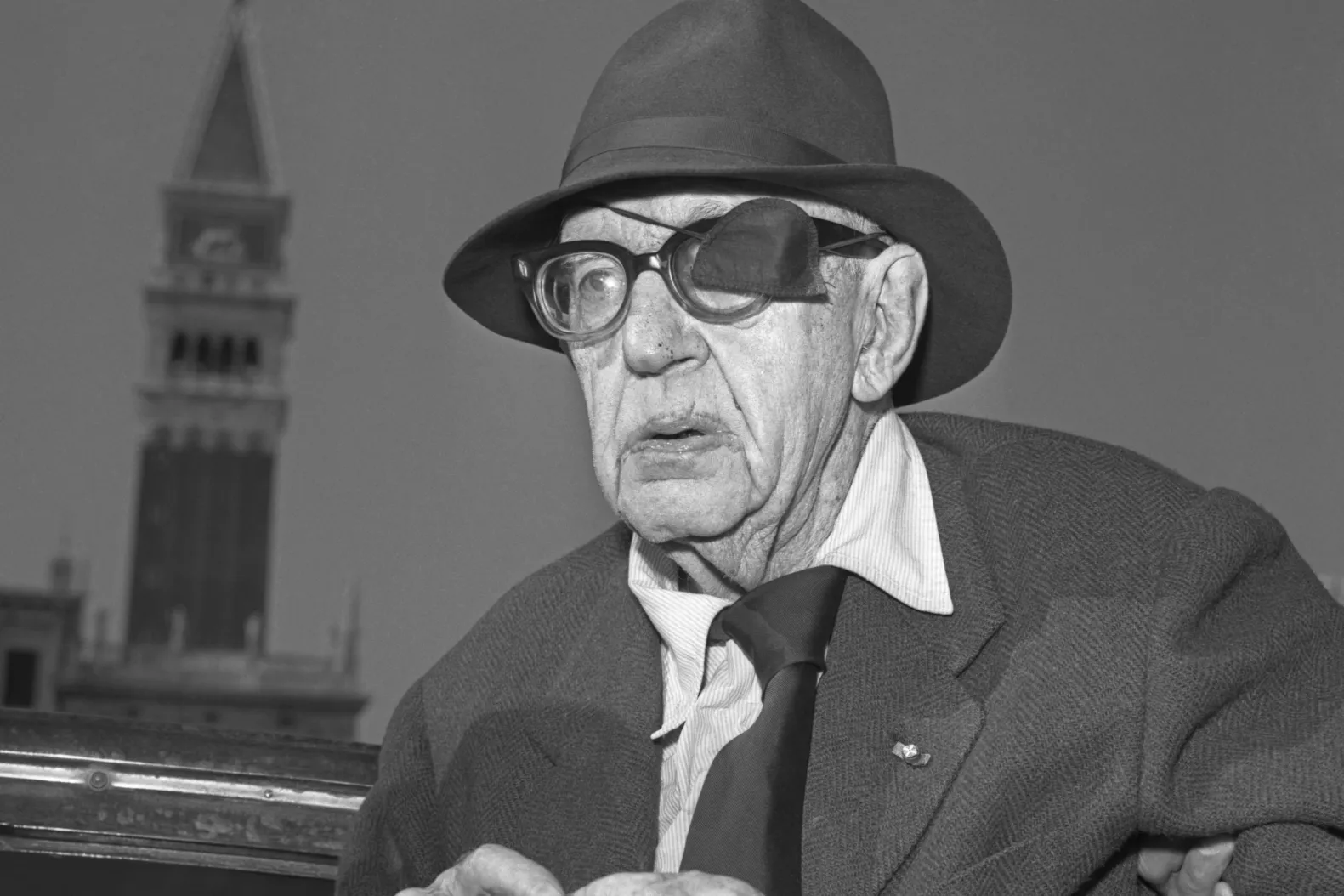
Defining the Western Genre
Ford’s portrayal of the American frontier, with its expansive landscapes and thematic exploration of myth versus reality in American history, has significantly shaped the Western genre. His films often explore complex social and moral issues set against the backdrop of the vast American landscape.
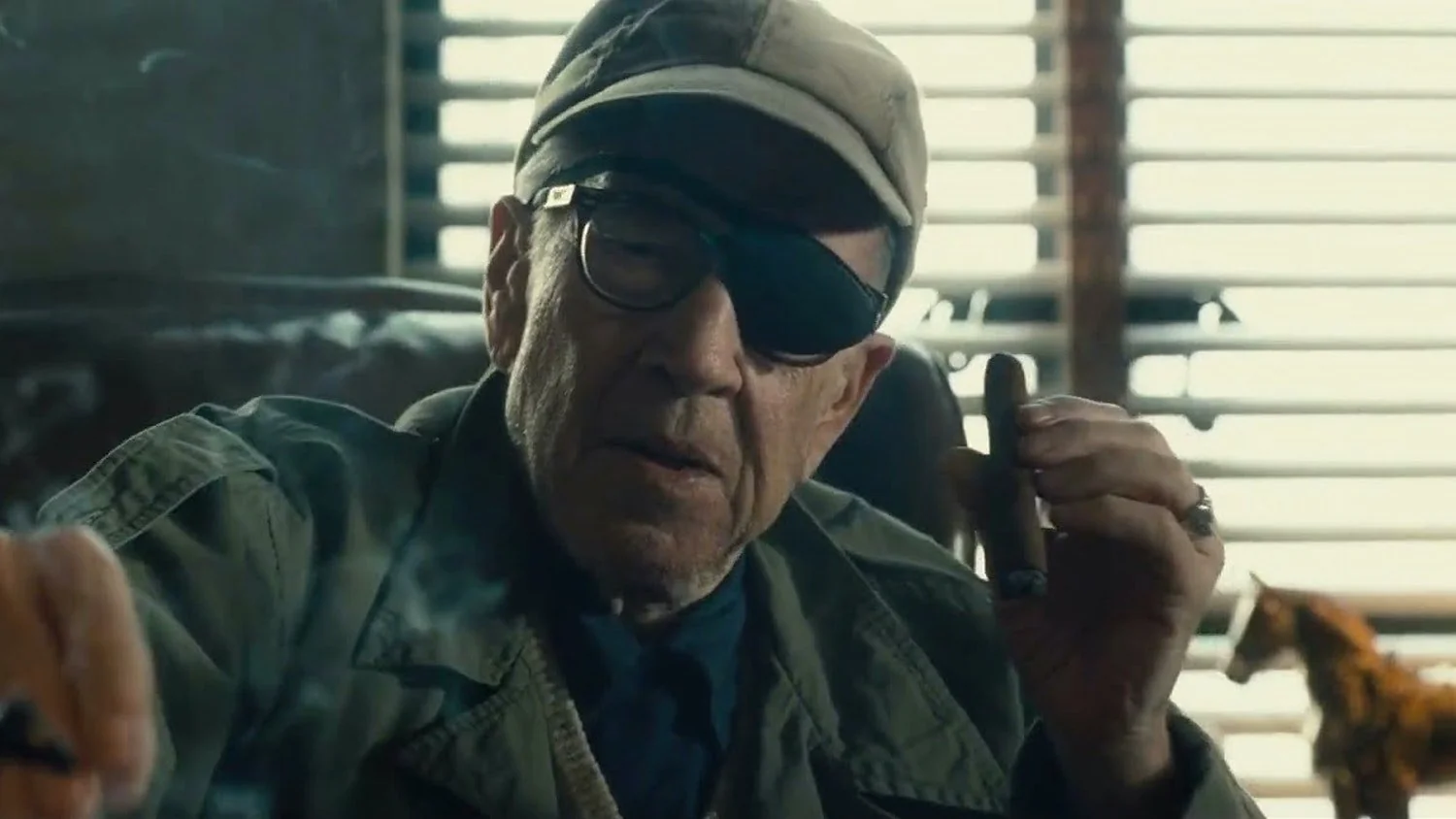
Visual Style and Storytelling
Ford’s visual style, characterized by his expansive and scenic compositions, helped to establish a visual template for Western films that many directors have attempted to emulate. His ability to tell stories that are both personal and reflective of larger cultural narratives has made his films enduringly popular and critically acclaimed.
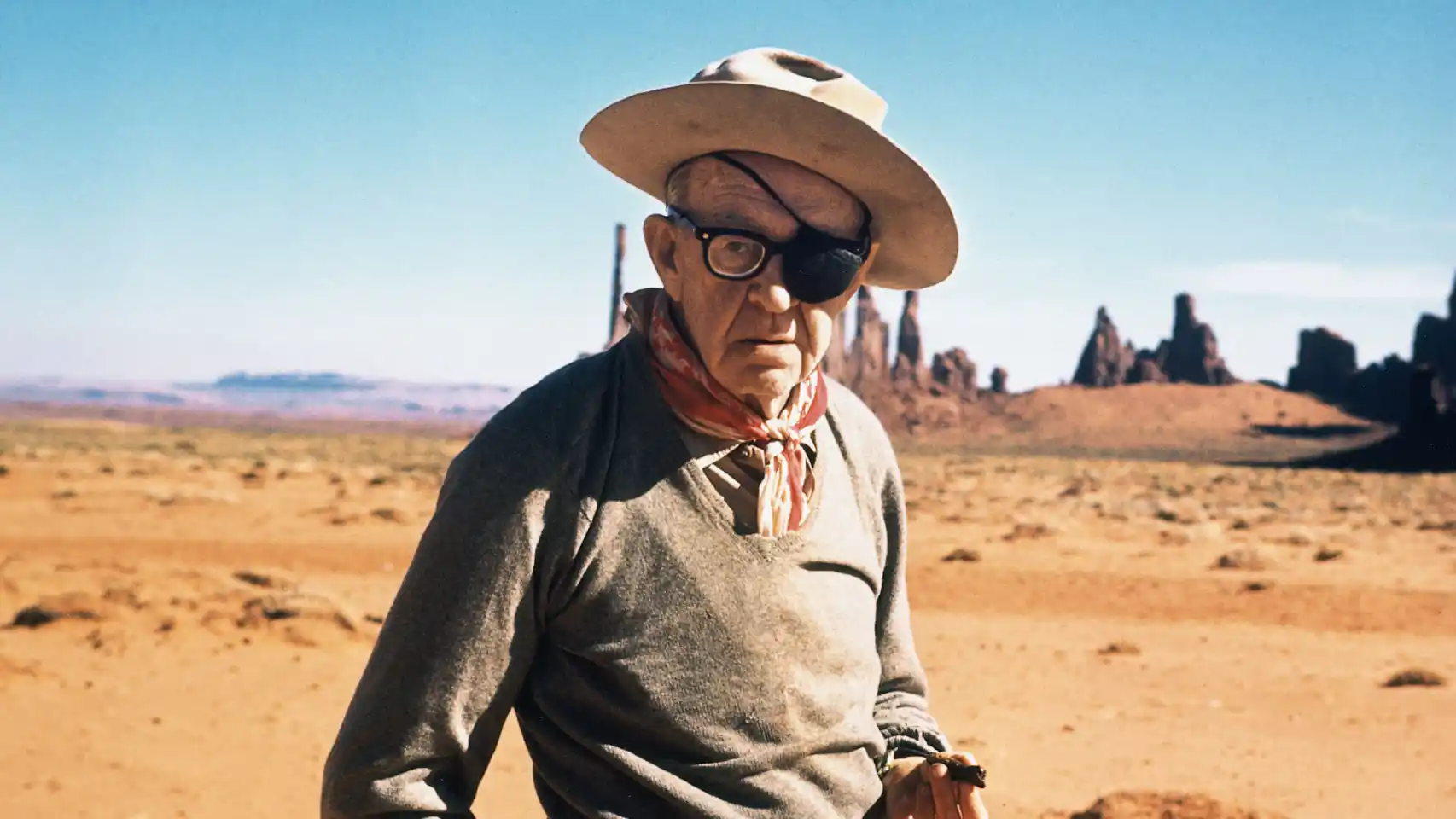
Legacy in American Cinema
Ford’s influence extends beyond the Western genre, influencing directors across multiple genres. His films are celebrated for their artistic merit and storytelling, and his approach to character and moral complexity continues to influence filmmakers today.
Conclusion of Section
The directors discussed so far have each contributed uniquely to the landscape of Hollywood cinema, through their innovative techniques, distinctive styles, and profound narratives. Their films have not only entertained audiences but have also provoked thought, influenced culture, and inspired future generations of filmmakers.
4. Stanley Kubrick
Stanley Kubrick is renowned for his meticulous attention to detail, his innovative cinematography, and his provocative storytelling. Kubrick’s films cover a wide range of genres, showcasing his versatility and relentless pursuit of perfection. From the epic “2001: A Space Odyssey” to the chilling “The Shining,” Kubrick’s work is characterized by a deep exploration of complex themes such as human nature, societal issues, and existential questions.
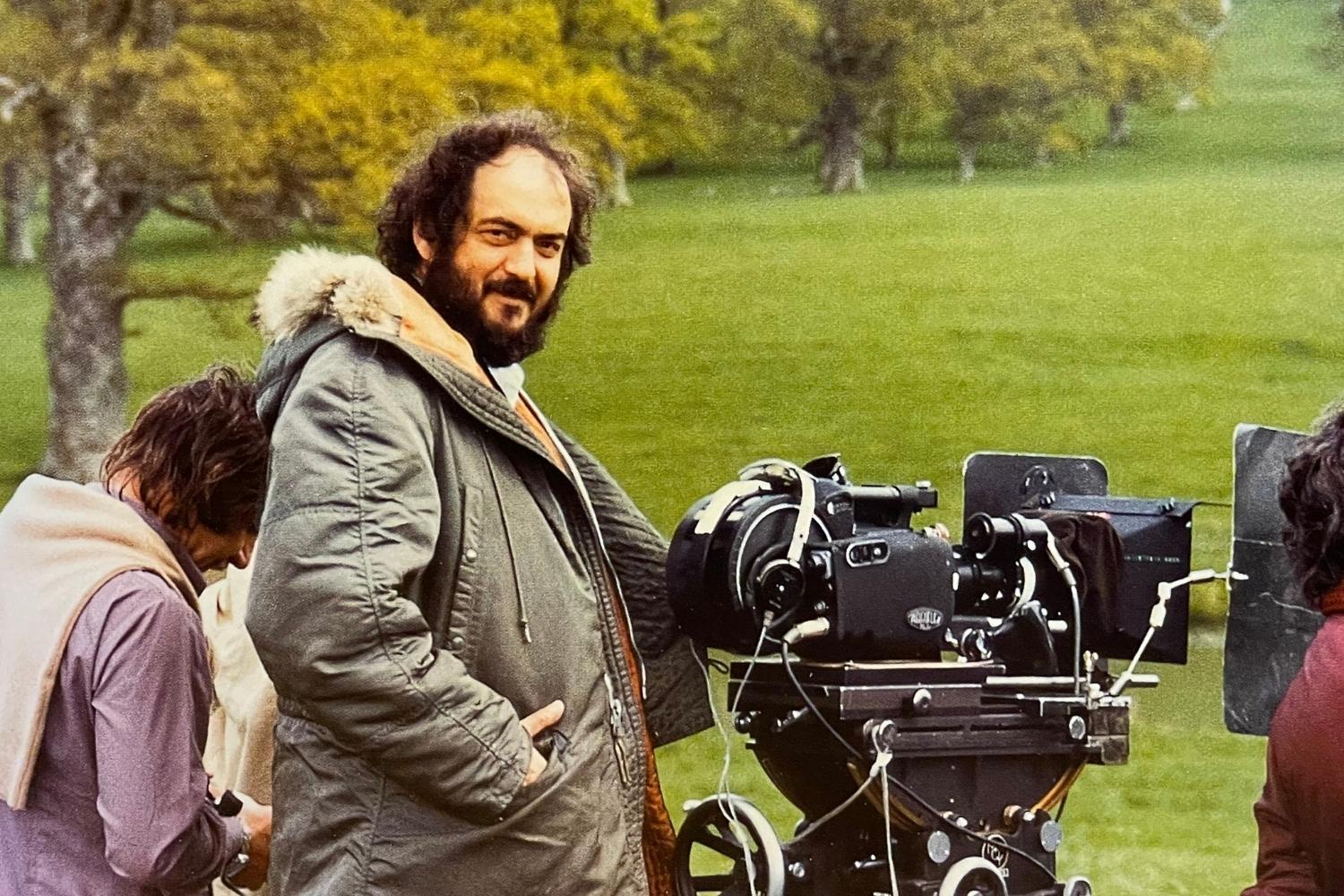
Mastery of Film Techniques
Kubrick’s use of the Steadicam in “The Shining” revolutionized the way filmmakers could move a camera through space, adding a fluid, haunting quality to the film’s movement. His pioneering use of special effects in “2001: A Space Odyssey” set a new standard for visual storytelling in cinema, particularly in the science fiction genre.
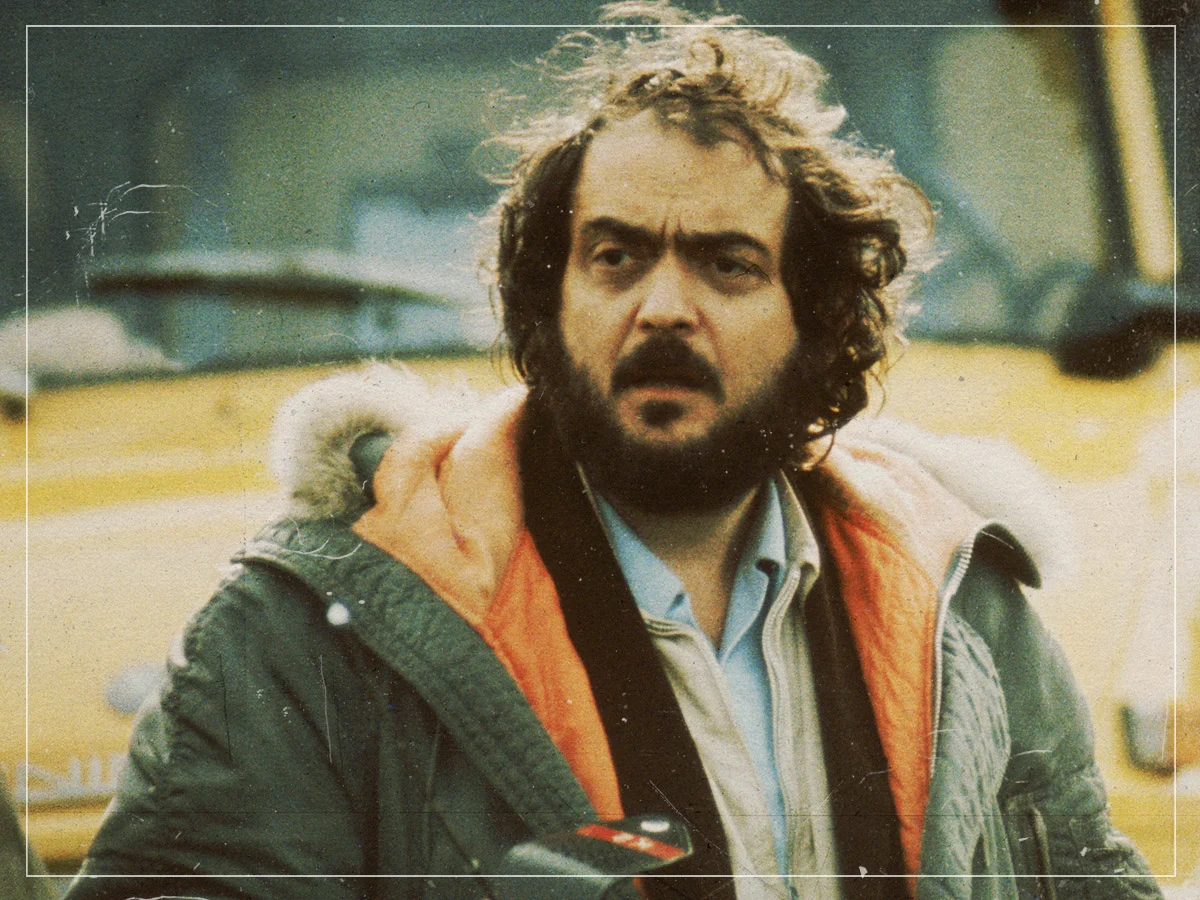
Thematic Depth and Cultural Impact
Kubrick’s films often delve into the psychology of his characters, exploring themes of isolation, violence, and ambition. His careful crafting of narrative and visual style makes his films multi-layered and open to various interpretations, which have kept them relevant and subject to study and discussion decades after their release.
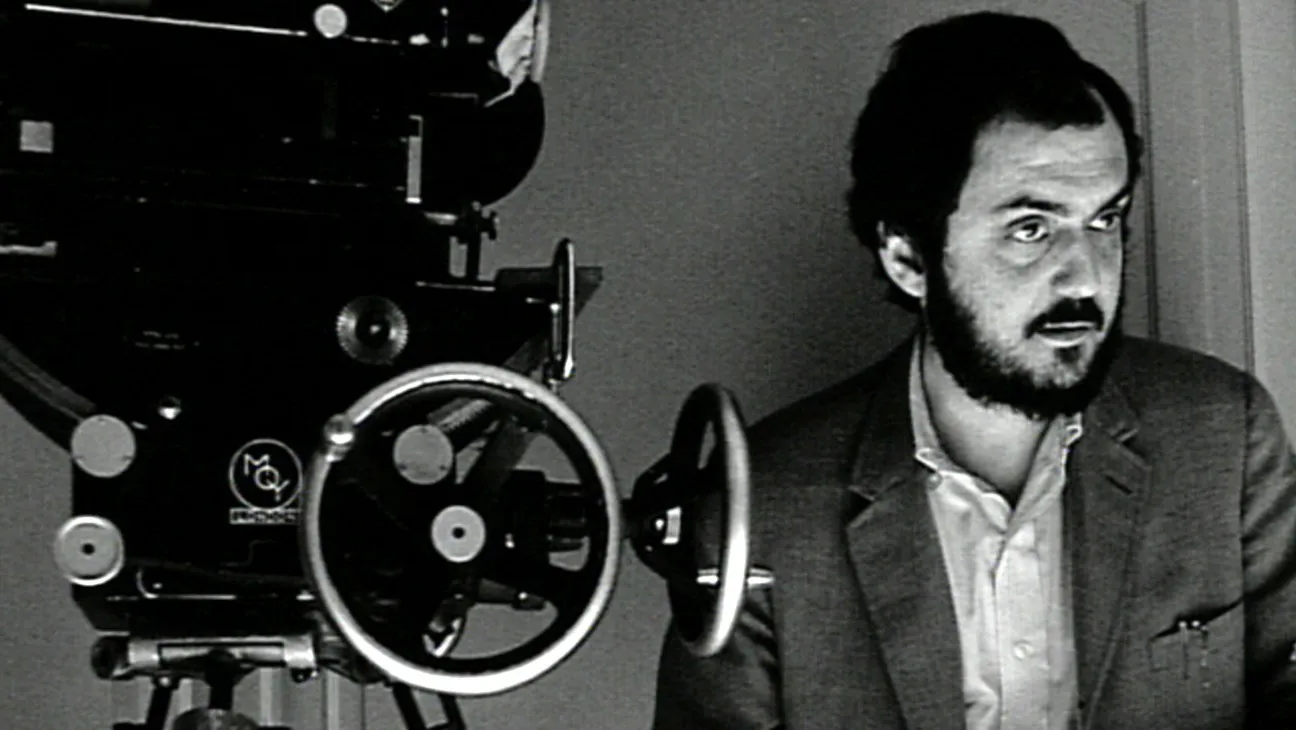
Enduring Influence on Filmmakers
Kubrick’s influence is palpable in the work of contemporary filmmakers who strive for a similar level of detail and thematic depth in their films. Directors like Christopher Nolan and Paul Thomas Anderson have cited Kubrick as a major influence on their work, evident in their approach to narrative structure and visual style.
5. Martin Scorsese
Martin Scorsese is one of the most influential directors in the history of cinema, known for his dynamic visual style and deep dive into complex characters and stories. His films often explore themes of sin, redemption, and the human condition, making extensive use of innovative camera techniques and editing. Notable films like “Taxi Driver,” “Raging Bull,” and “Goodfellas” have not only defined his career but have also had a significant impact on the genre of crime and drama.
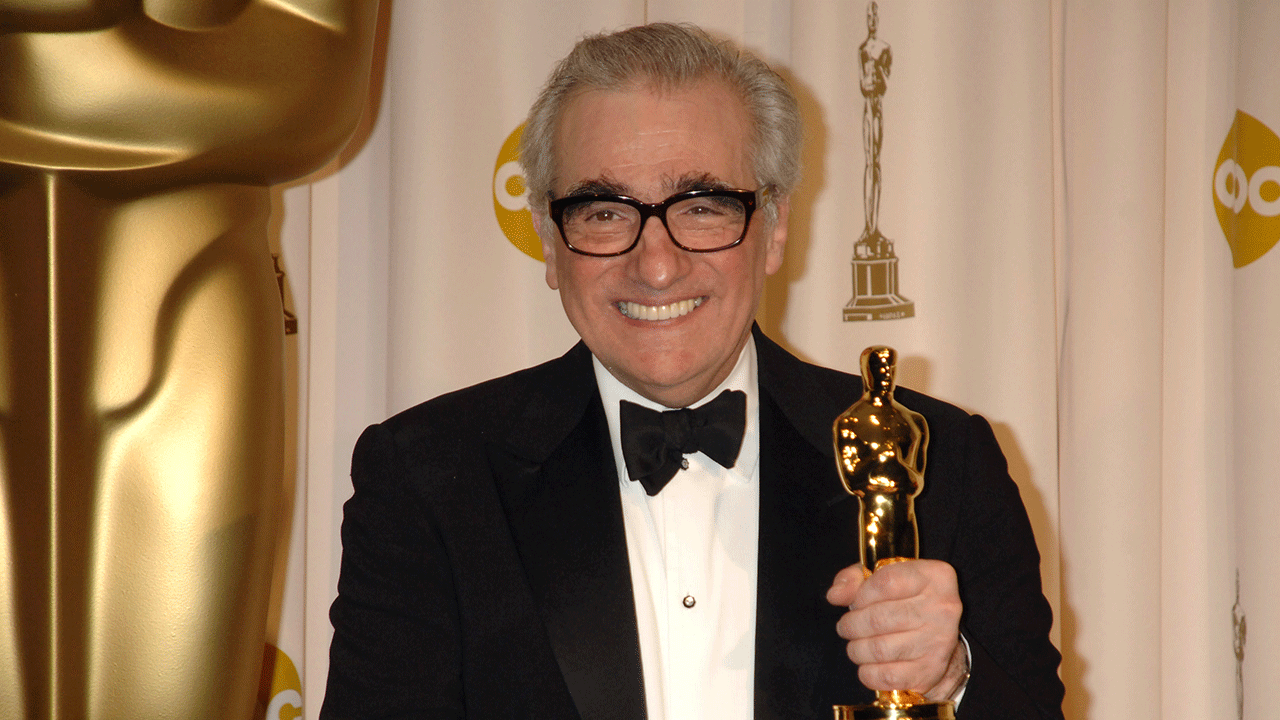
Innovations in Storytelling and Technique
Scorsese’s use of rapid editing, freeze frames, and voiceovers has significantly influenced the language of film. His collaboration with editors like Thelma Schoonmaker has led to the creation of some of the most memorable and influential scenes in cinema history.
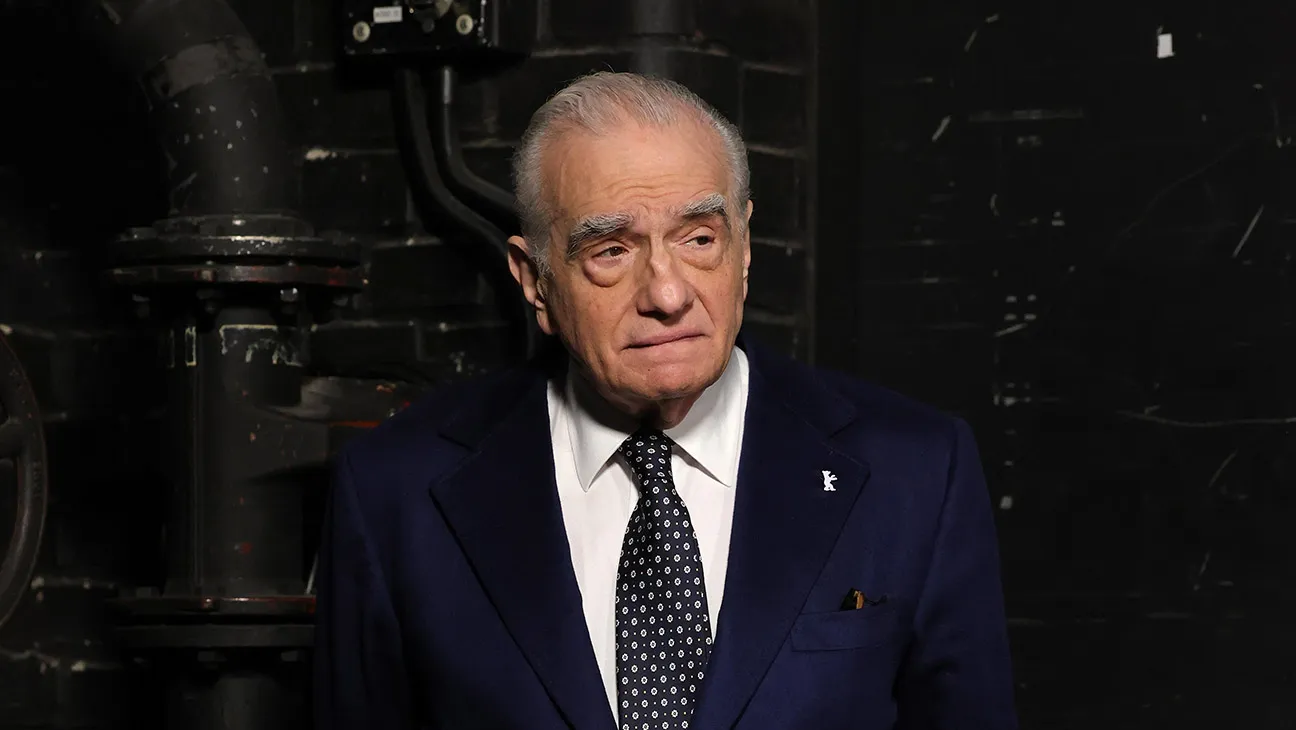
Exploration of Complex Characters
Scorsese’s films are known for their complex character studies, exploring the depths of human flaws and moral ambiguities. His ability to draw powerhouse performances from actors has resulted in some of the most iconic characters in film history.
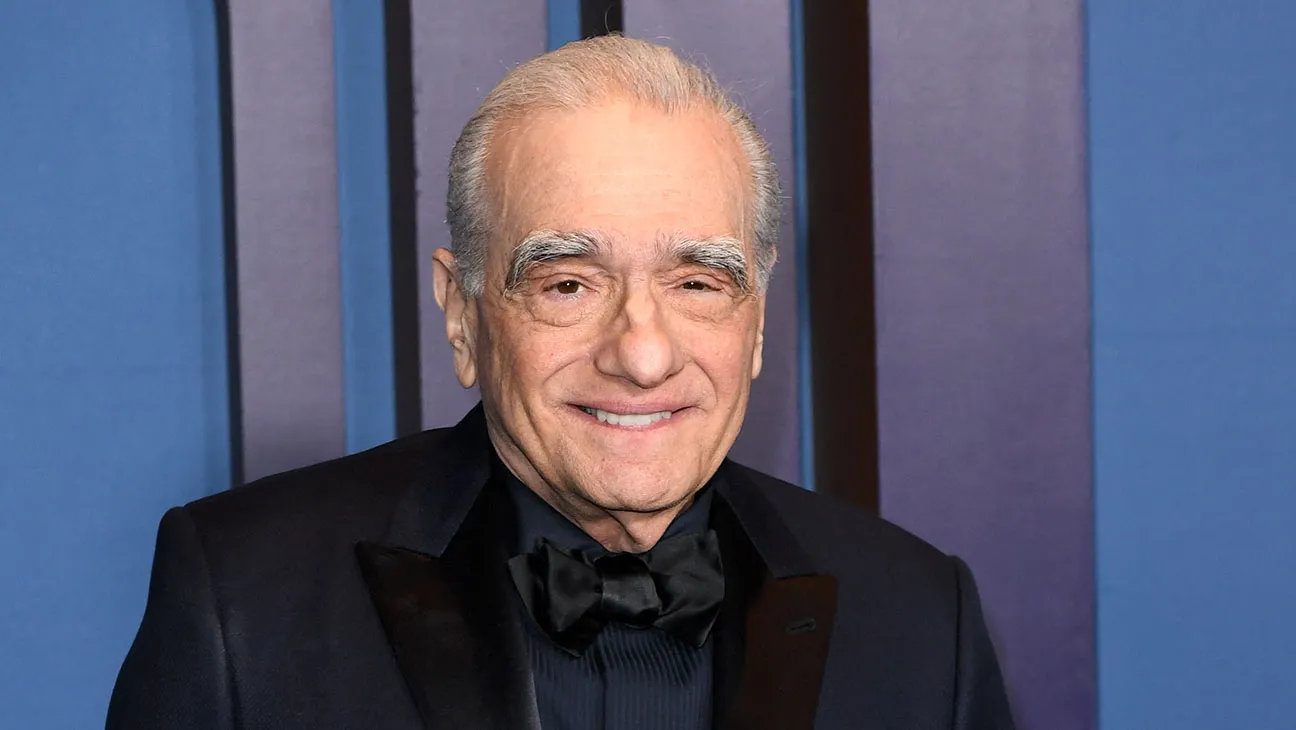
Legacy and Mentorship
Beyond his own films, Scorsese is committed to the preservation of cinema and mentoring young filmmakers. His establishment of The Film Foundation has helped restore hundreds of films, ensuring that classic and more obscure works are preserved for future generations.
6. Steven Spielberg
Steven Spielberg is arguably the most popular director in Hollywood history, known for his ability to craft films that appeal to a vast audience while maintaining substantial artistic credibility. His diverse portfolio includes blockbuster adventures like “Jurassic Park,” poignant dramas such as “Schindler’s List,” and historical narratives like “Saving Private Ryan.” Spielberg’s ability to masterfully combine storytelling with technology has made him a pioneer in the industry.
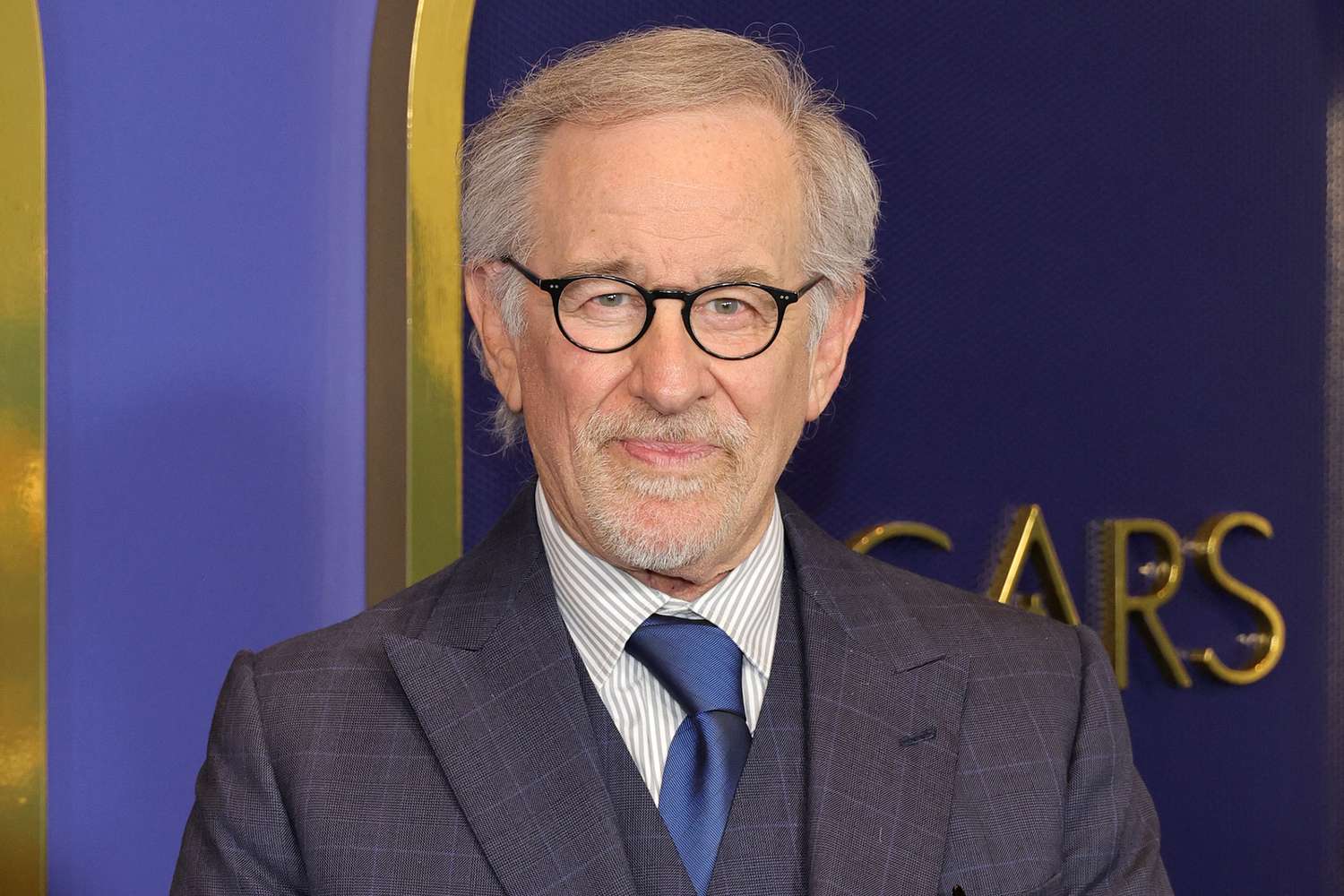
Technological Innovations in Film
Spielberg’s adoption of CGI in “Jurassic Park” marked a turning point in the use of technology in films, creating a new era of blockbuster cinema that could bring the impossible to life with stunning realism.
Emotional Storytelling and Character Development
His films often focus on personal stories against grand historical or fantastical backdrops, making them universally relatable. Spielberg’s skill in eliciting emotional engagement from the audience is unmatched, making his films a transformative experience for many.
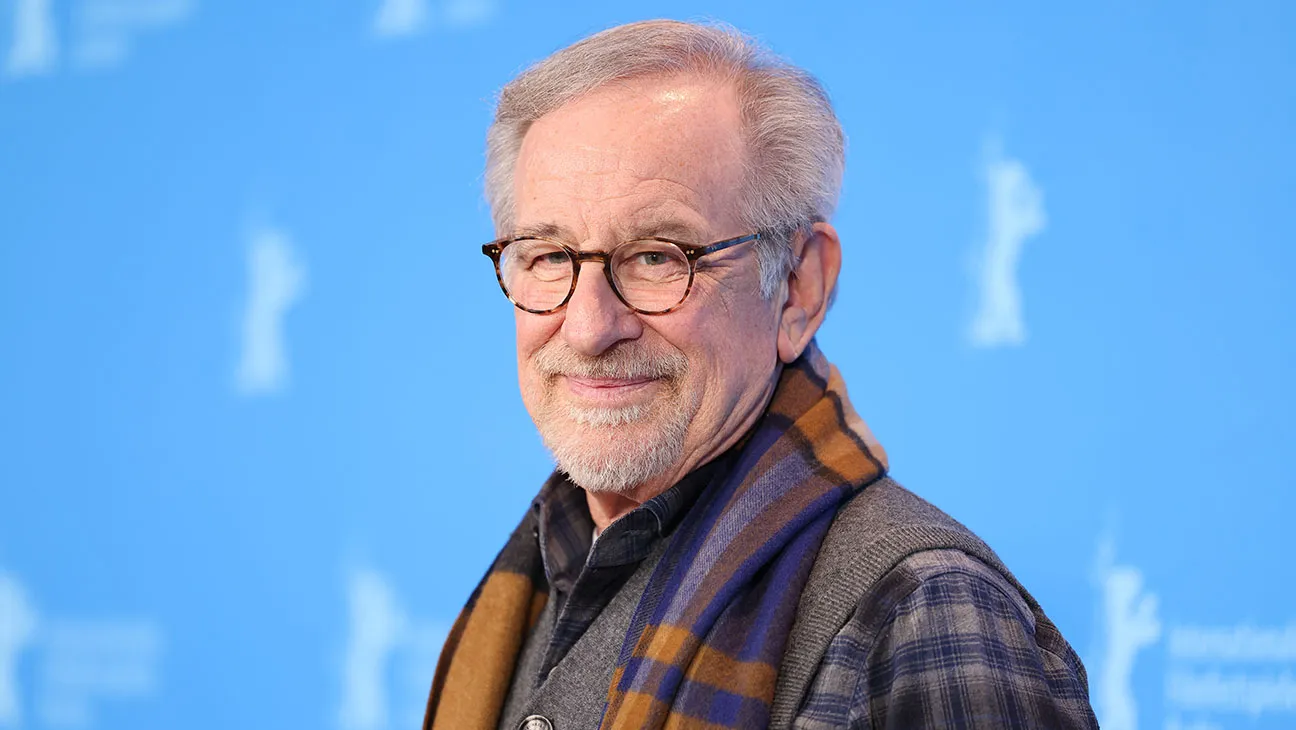
Influence Across Genres
Spielberg’s influence stretches across various genres, from science fiction to historical drama, each marked by his signature storytelling style. His impact on the film industry is profound, shaping not only the kinds of stories told but also the way they are told and experienced by audiences worldwide.
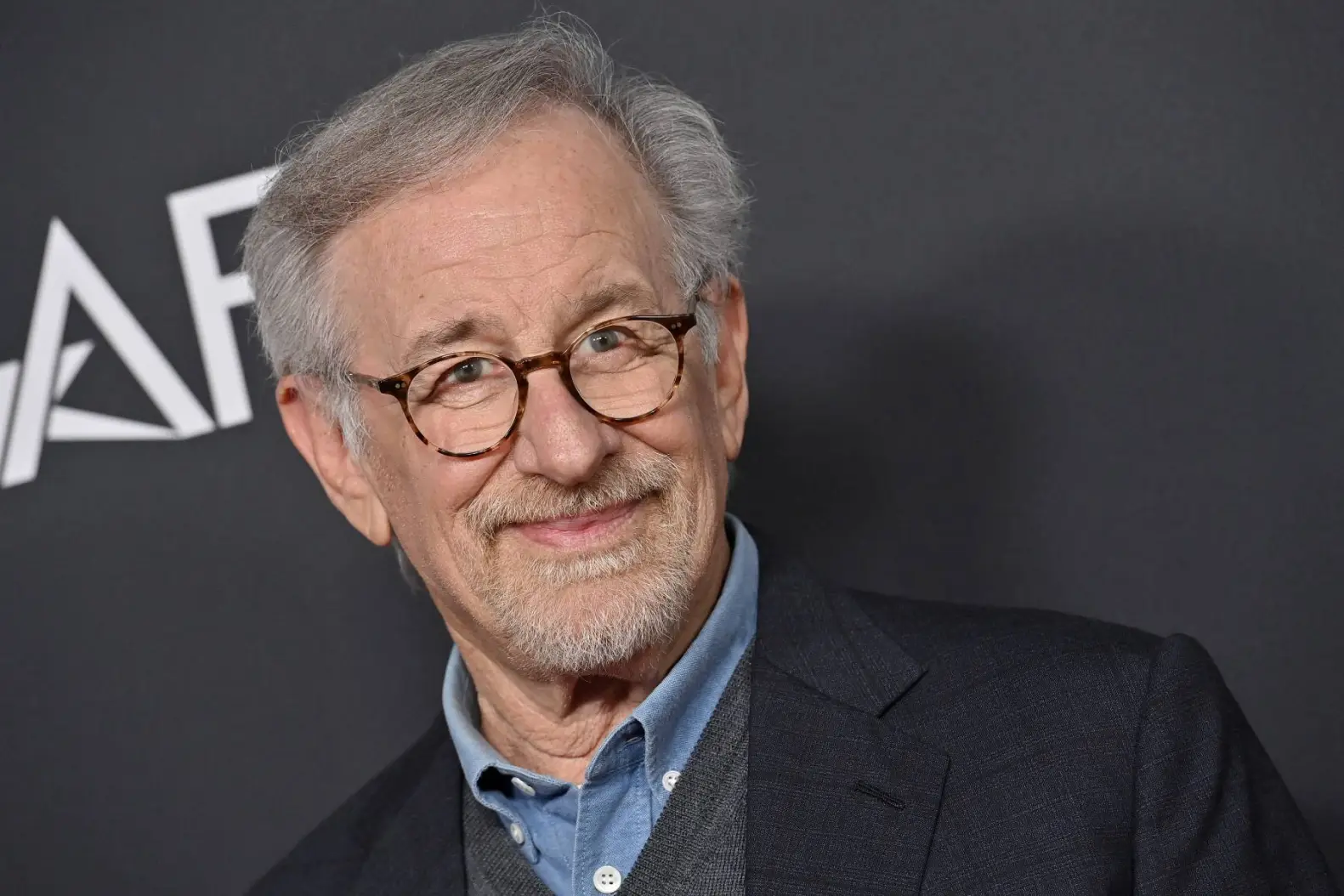
Conclusion of Section
The directors covered in this segment have not only pushed the boundaries of cinematic technique but also explored deep philosophical and ethical questions, making their films a significant part of global culture. Their legacies endure through their profound impact on both audiences and other filmmakers who continue to draw inspiration from their work.
7. Quentin Tarantino
Quentin Tarantino is known for his distinctive style that blends pop culture references, non-linear storytelling, and extended dialogues with stylized violence. Tarantino’s films, such as “Pulp Fiction,” “Kill Bill,” and “Django Unchained,” are celebrated for their innovative narrative structures and their ability to reinvigorate genres. His approach to filmmaking, which often involves paying homage to various genres and eras, has made him one of the most influential directors in modern cinema.
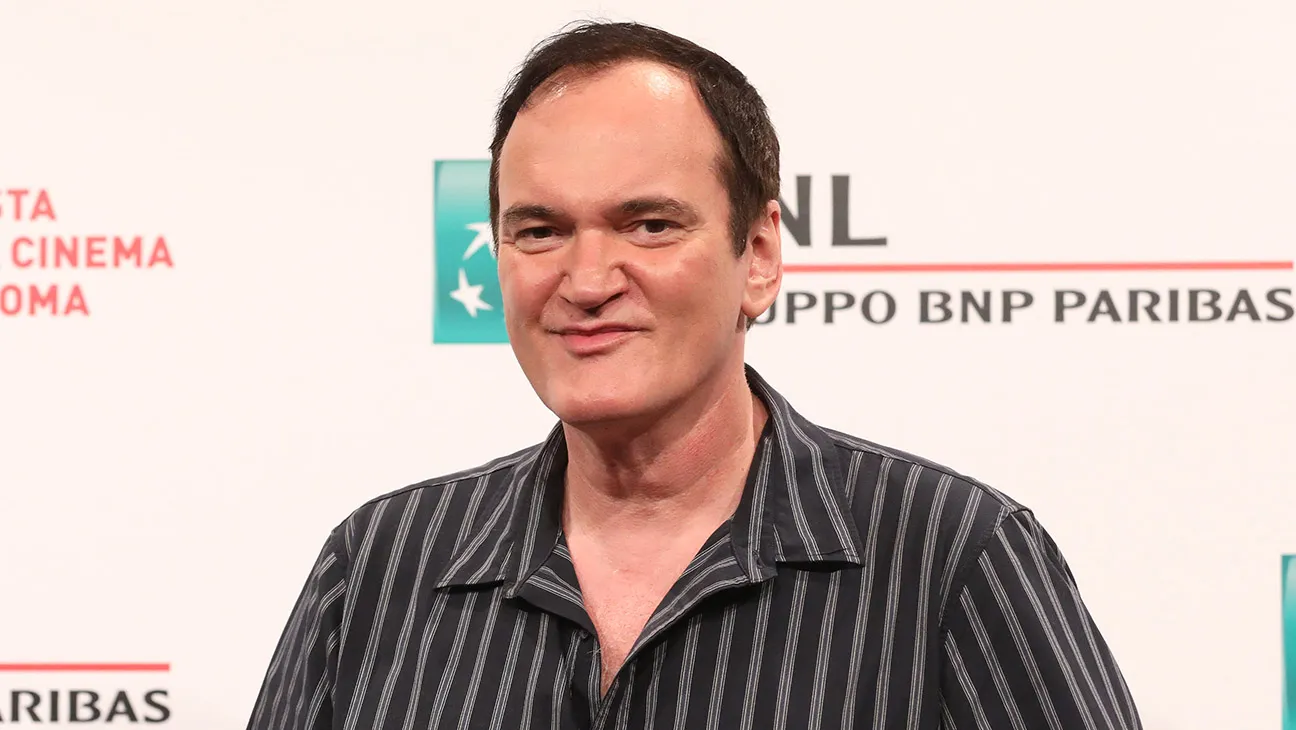
Reinventing Narrative and Genre
Tarantino’s ability to intertwine multiple storylines into a cohesive plot is revolutionary, as seen in “Pulp Fiction.” His films often challenge traditional narrative structures, encouraging audiences to engage with the story on multiple levels.
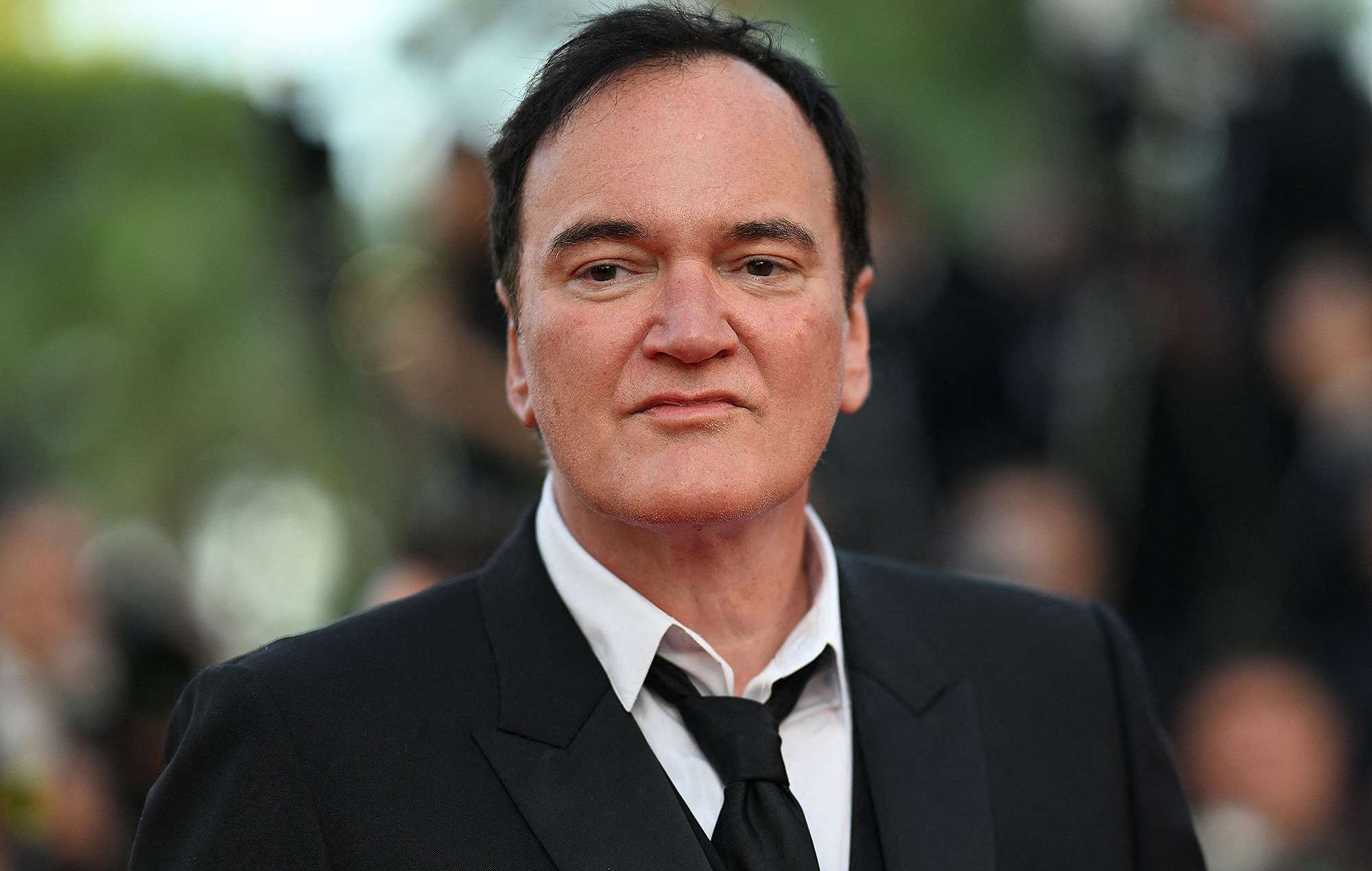
Cultural Influence and Dialogue
His distinctive use of dialogue—witty, sharp, and memorable—has left a lasting impact on filmmaking, making his scripts highly quotable. Tarantino’s influence is also evident in his ability to revive interest in various film genres, such as martial arts and spaghetti westerns, through his unique reinterpretations.
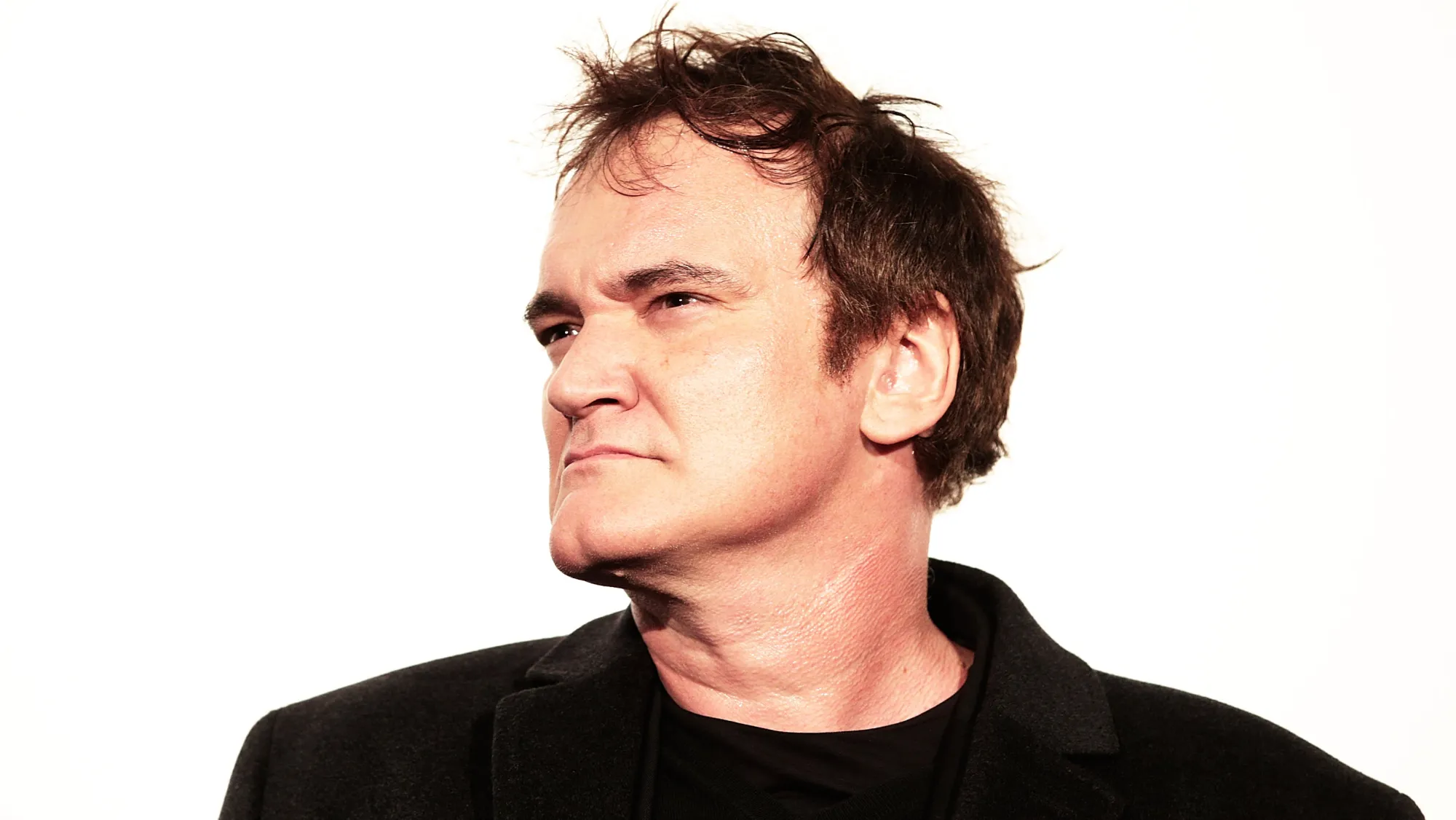
Legacy of Independent Filmmaking
Tarantino’s success has inspired a generation of filmmakers to pursue bold and original storytelling, emphasizing the importance of unique voice over conventional industry norms. His films, often produced outside the major studio system, showcase the possibilities within independent cinema.
8. Francis Ford Coppola
Francis Ford Coppola is most famous for his epic trilogy “The Godfather,” which redefined the gangster genre and left an indelible mark on the landscape of American cinema. Coppola’s work is characterized by its dramatic intensity, deep philosophical inquiries, and grand visual style. His films, including “Apocalypse Now” and “The Conversation,” are noted for their profound explorations of power, corruption, and humanity.
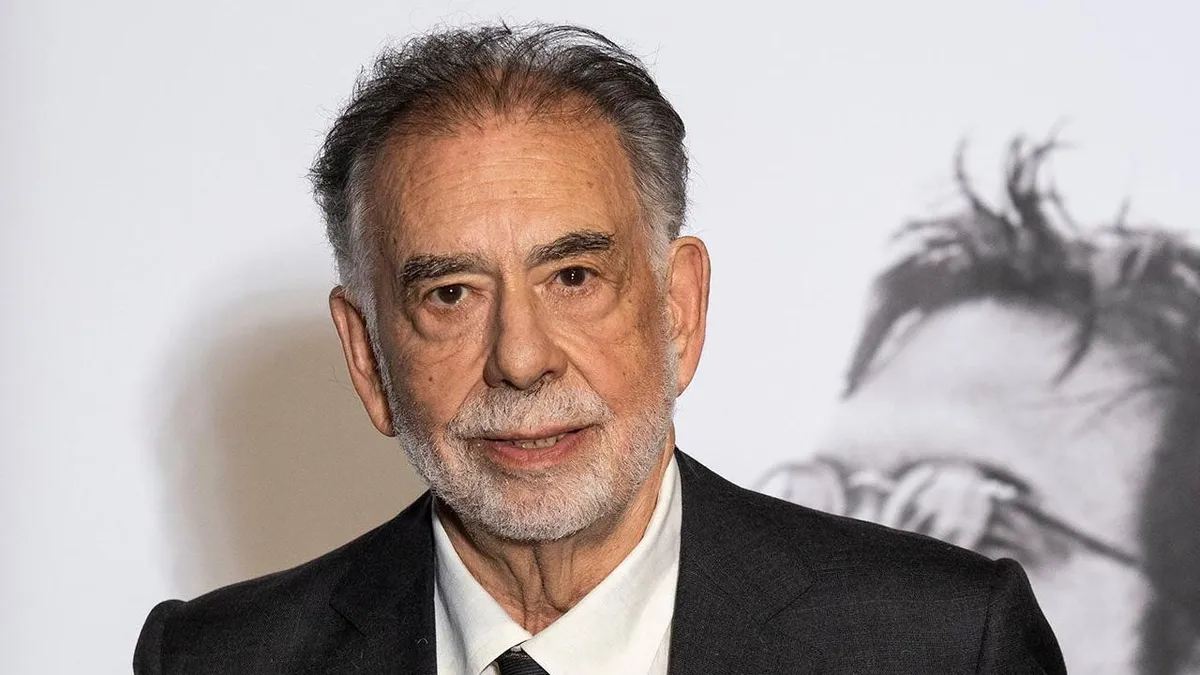
Masterful Storytelling and Characterization
Coppola’s ability to develop complex characters and emotionally intense narratives is unmatched. “The Godfather” series is a prime example of this, providing a deep look into the personal and professional lives of the Corleone family, making it a staple in the study of character and narrative structure in film.
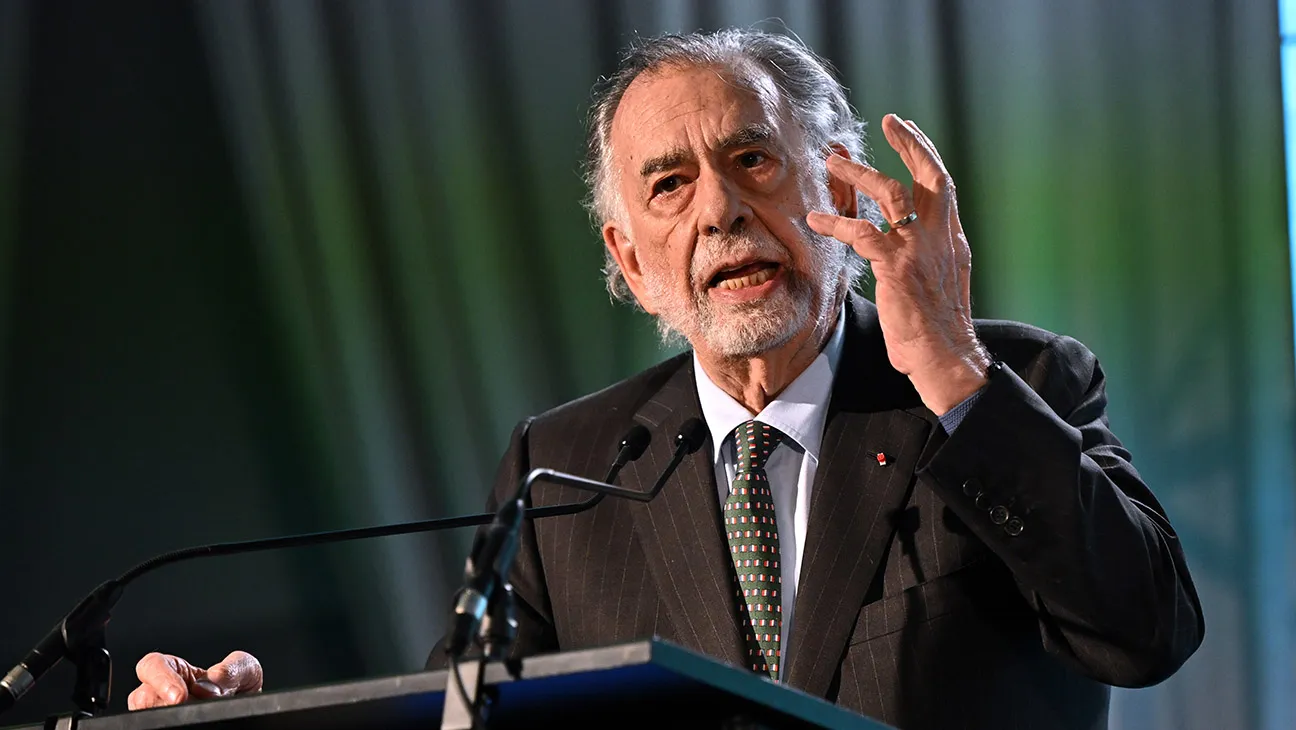
Technological and Stylistic Innovations
Coppola’s use of shadow and light in “Apocalypse Now,” as well as innovative sound design in “The Conversation,” has influenced countless filmmakers. His willingness to take risks with new technologies and storytelling techniques has paved the way for future innovations in cinema.
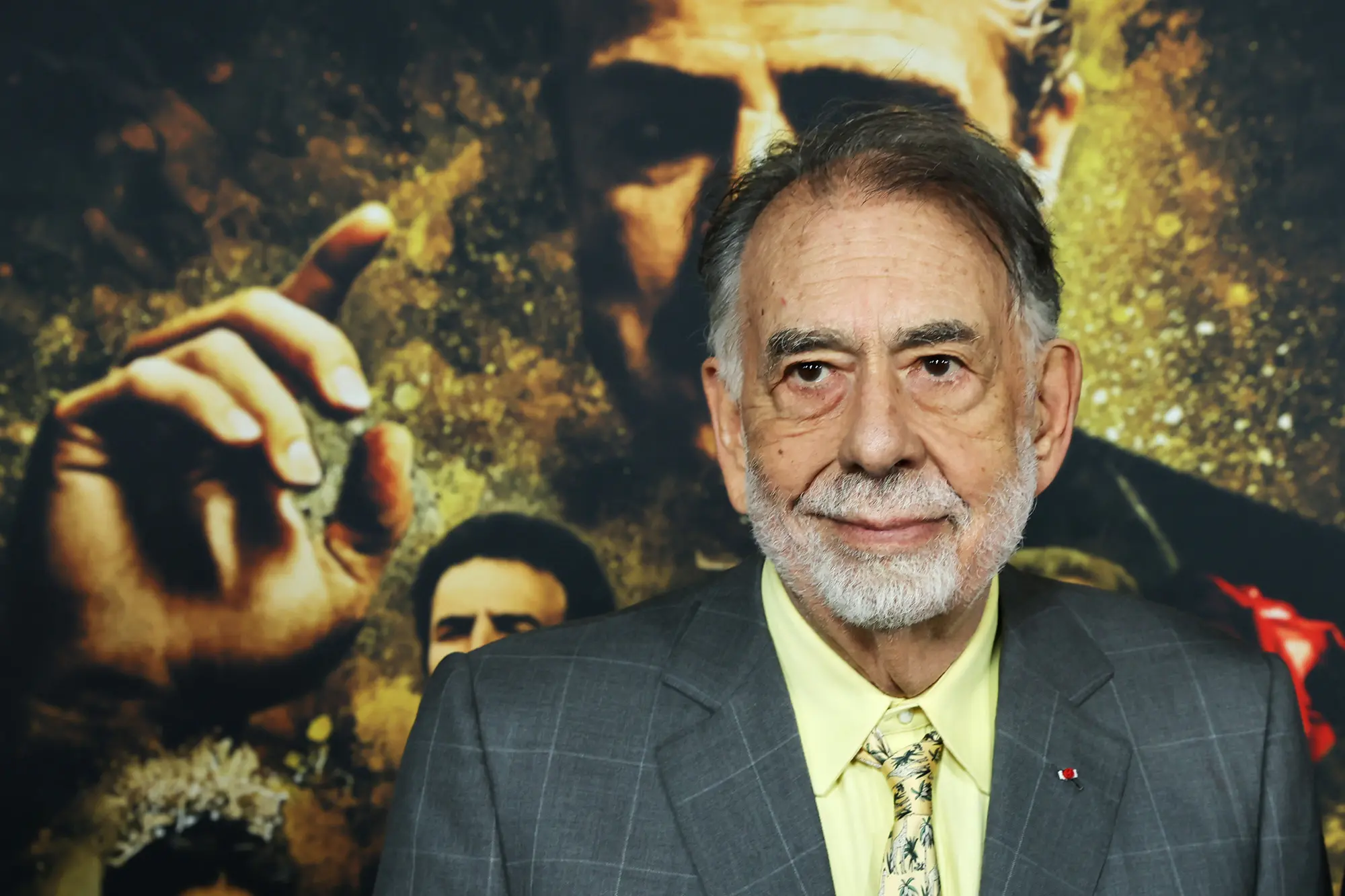
Influence and Mentorship
Beyond his own films, Coppola has been a mentor to many filmmakers, including George Lucas and John Milius. His encouragement of new talent and his relentless pursuit of pushing cinematic boundaries have made him a central figure in American filmmaking.
9. Billy Wilder
Billy Wilder is one of the most versatile and influential filmmakers in the history of cinema. Known for his sharp wit and clear narrative style, Wilder’s films cover a range of genres, including comedy, noir, and drama. His classics such as “Some Like It Hot,” “The Apartment,” and “Double Indemnity” have not only entertained but also offered keen insights into human nature and social norms.
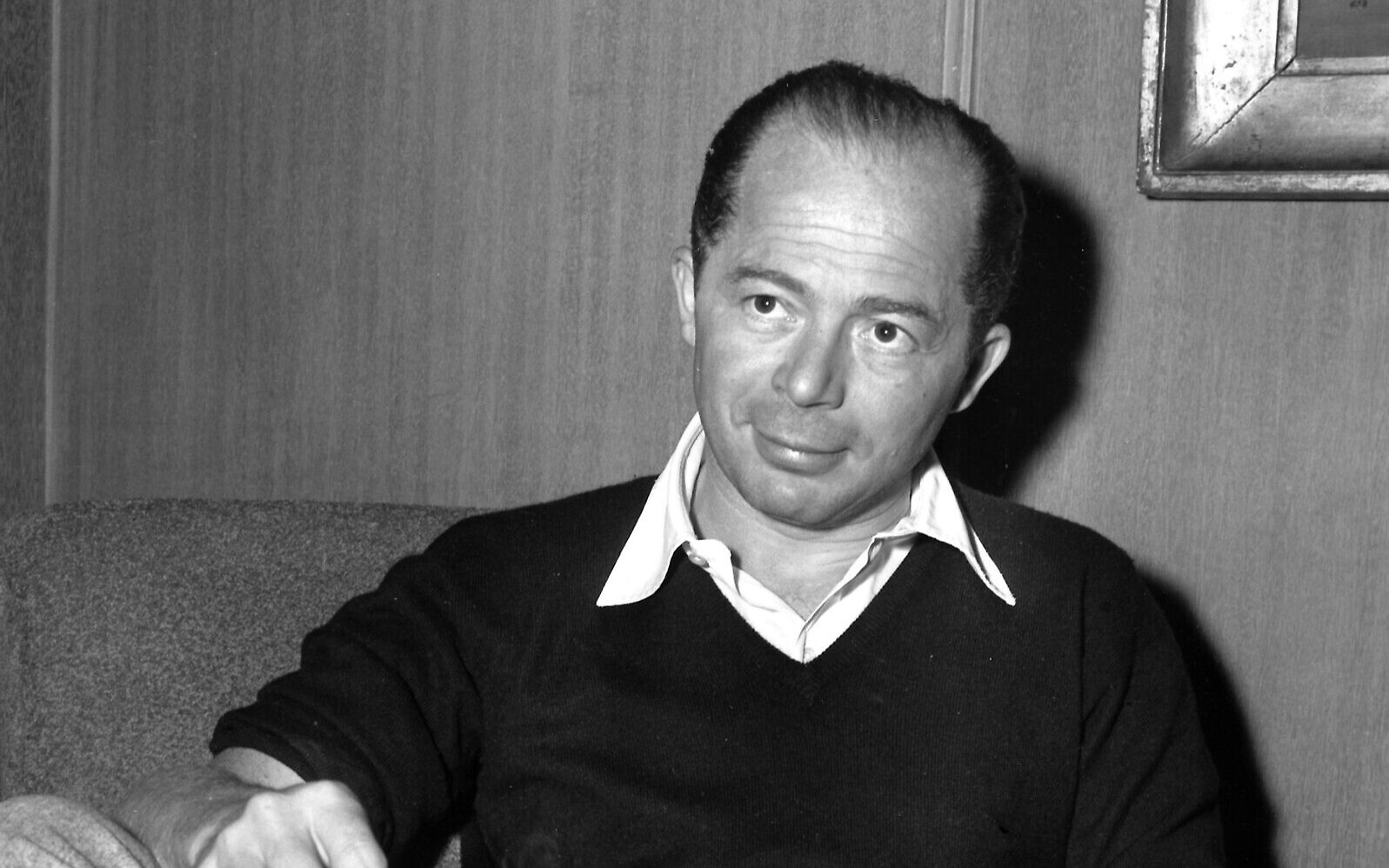
Genre Versatility
Wilder’s ability to master multiple genres with ease and his knack for blending humor and pathos made his films both entertaining and thought-provoking. His approach to filmmaking, which often involved a critical look at societal norms, has influenced the way films address and challenge cultural expectations.
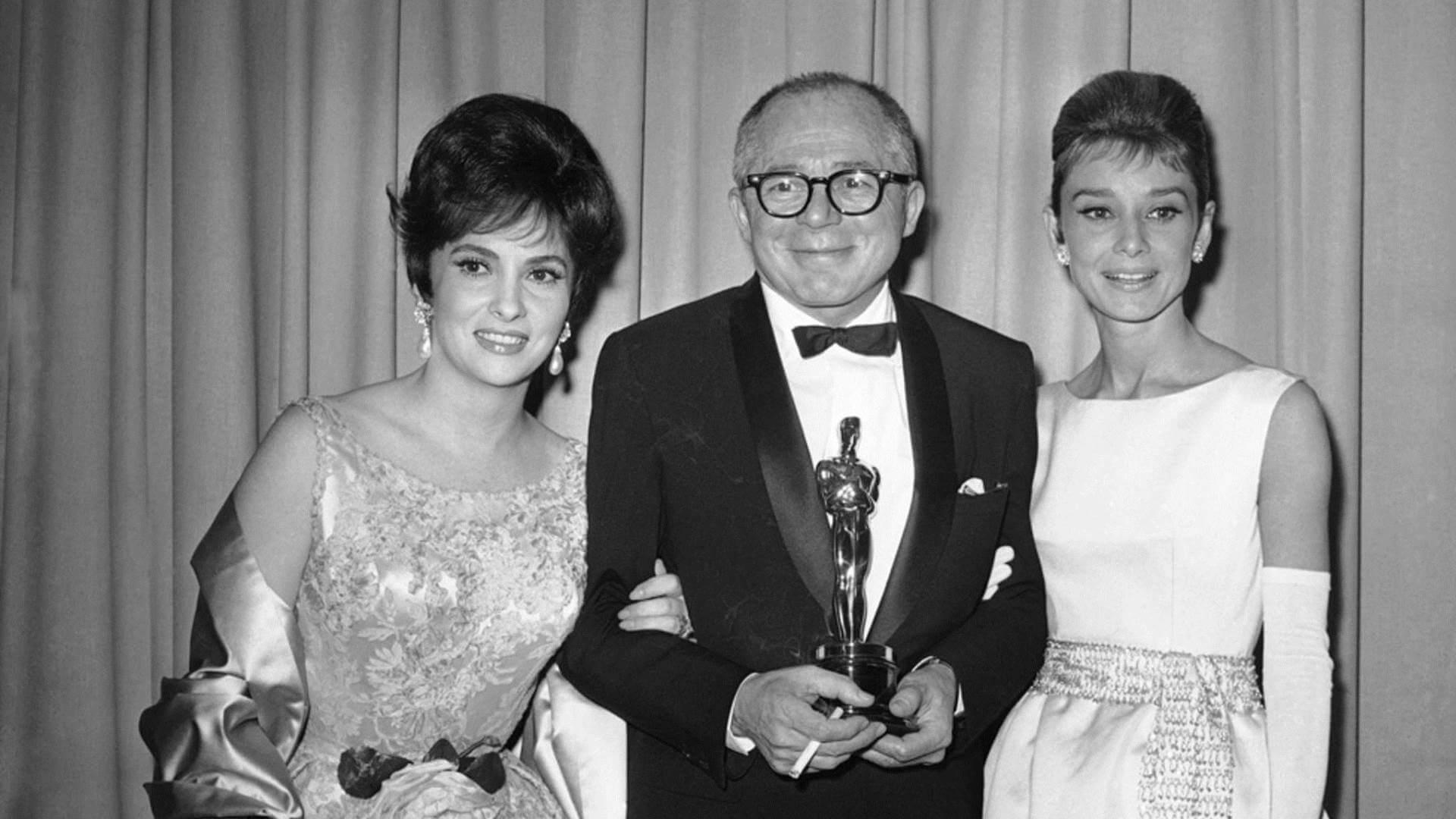
Legacy of Screenwriting
Wilder’s work as a screenwriter is particularly notable for its clever dialogue and well-structured plots. He was adept at crafting narratives that were both engaging and layered, offering audiences a mix of entertainment and reflection.
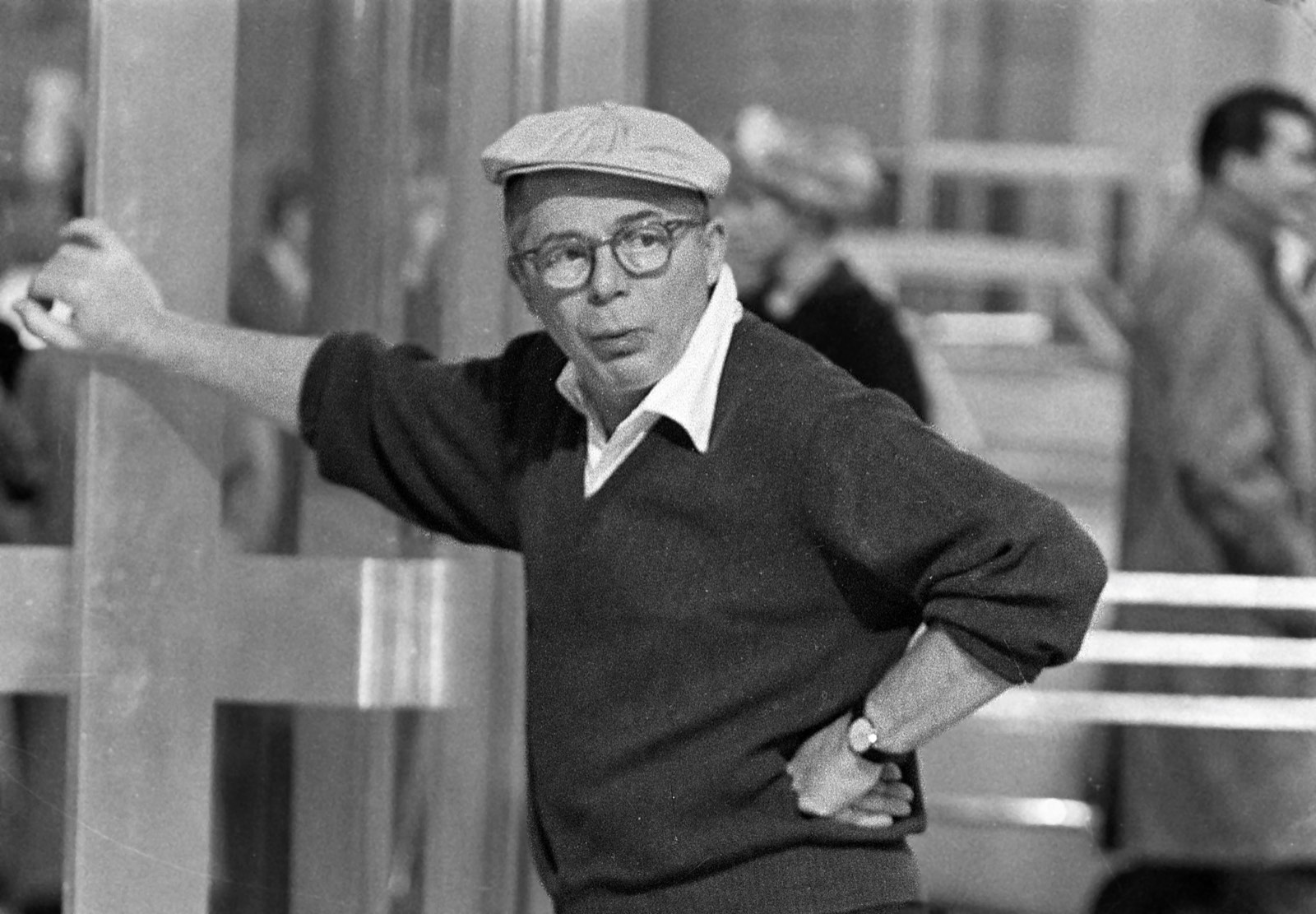
Influence on Comedy and Noir
Wilder’s impact on the comedy genre is monumental, setting high standards for the integration of humor and serious themes. His noir films have also shaped the genre’s development, influencing its evolution from simple crime stories to complex psychological dramas.
Conclusion of Section
This segment of the list includes filmmakers who have each transformed their respective genres and influenced countless others through their innovative approaches to storytelling, character development, and cinematic technique. Their works continue to inspire and entertain, underscoring the lasting impact of their creative visions.
10. George Lucas
George Lucas is synonymous with the creation of the “Star Wars” universe, a seminal series that has shaped the landscape of science fiction and popular culture since its inception. Lucas’ innovative use of technology and storytelling has not only revolutionized the way films are made but also how they are experienced by audiences. His work extends beyond “Star Wars,” with other significant contributions like “Indiana Jones” and advancements in film production technologies.
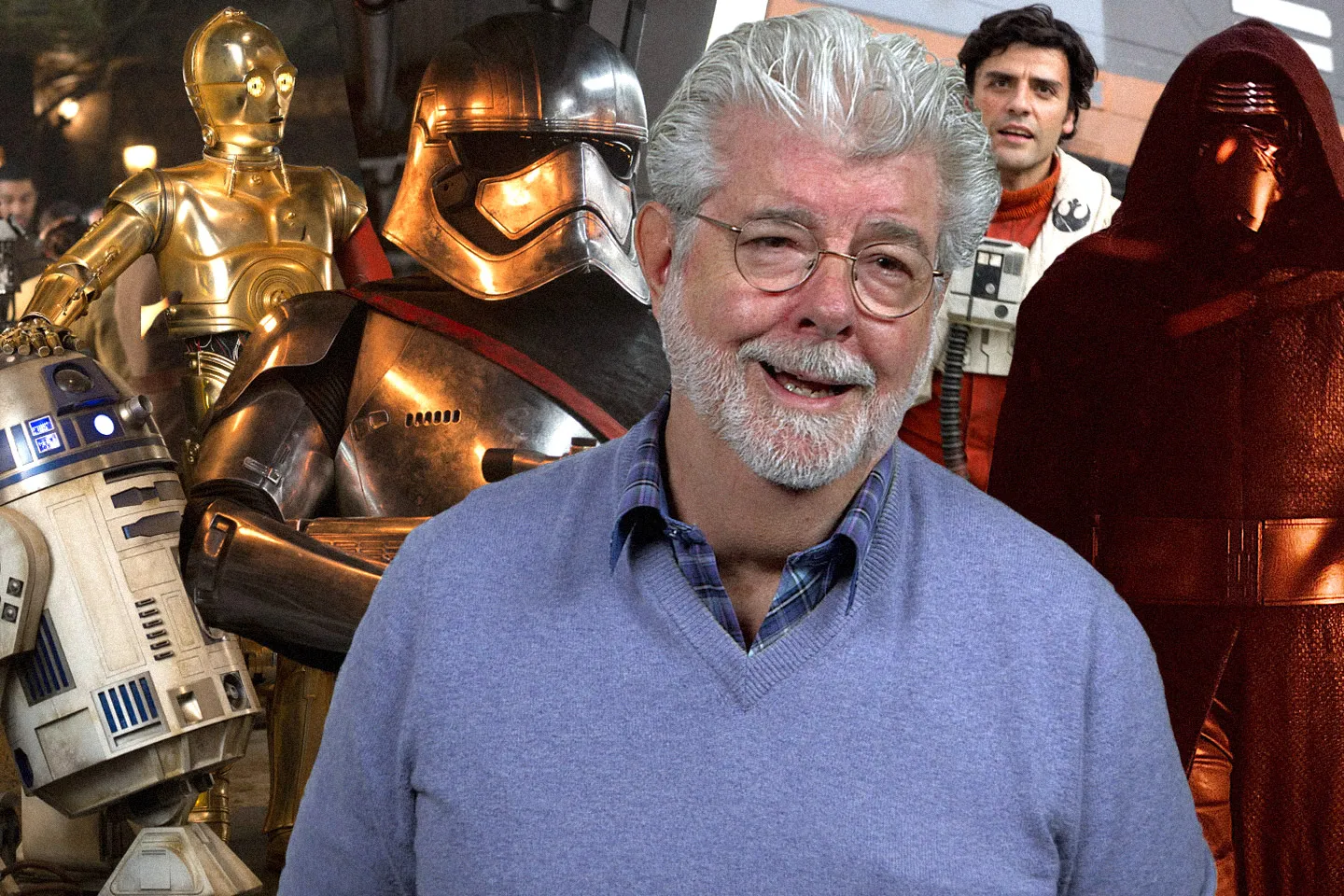
Innovation in Film Technology
Lucas’ establishment of Industrial Light & Magic (ILM) has been pivotal in the development of special effects within the film industry. ILM has been at the forefront of technological advancements in CGI and digital effects, setting new standards for visual storytelling.
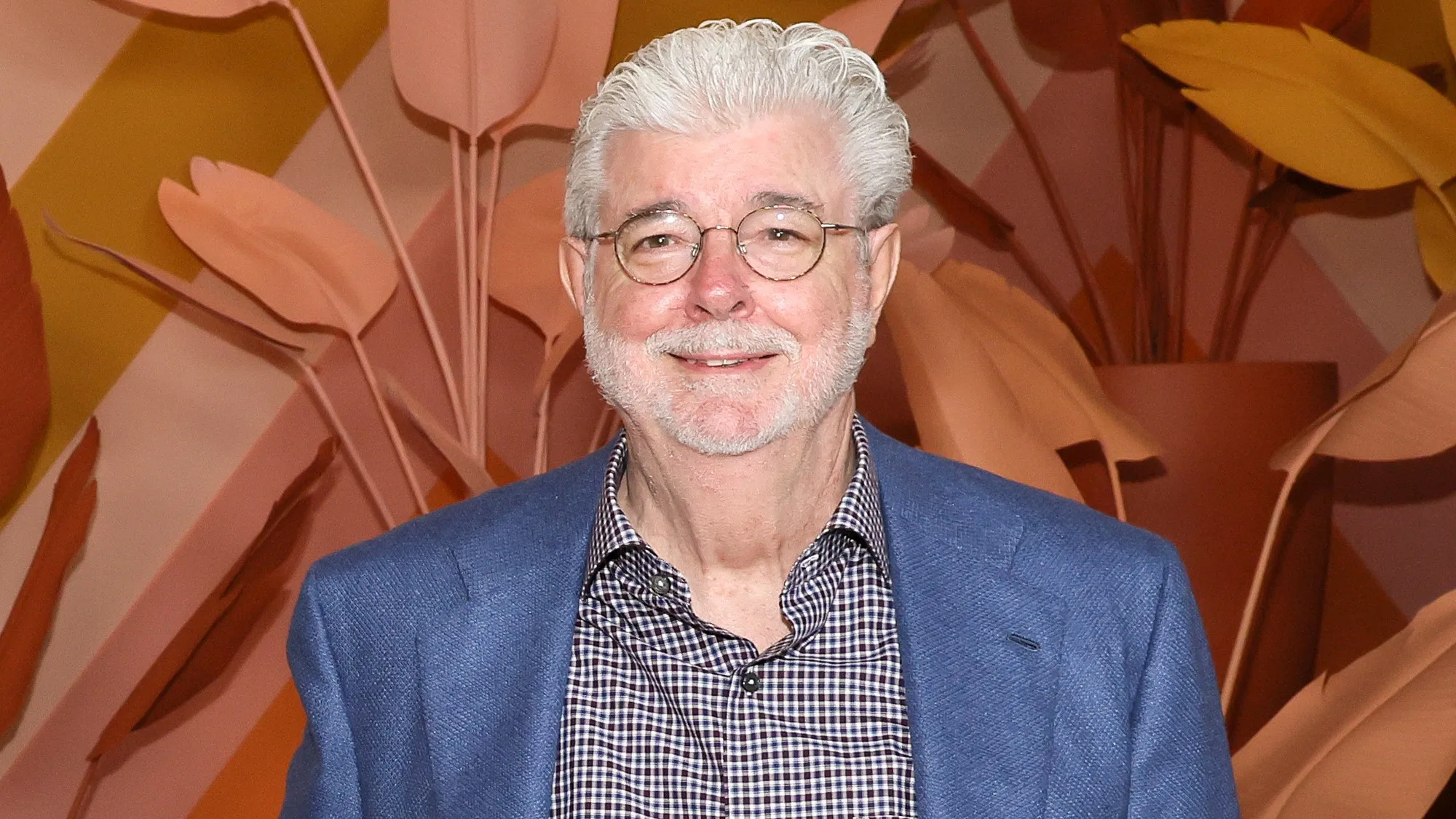
Cultural Impact and Storytelling
The “Star Wars” saga has become a cultural phenomenon, influencing not just other films but also literature, television, and video games. Lucas’ ability to create a detailed and immersive universe showcases his unparalleled vision and creativity in storytelling.
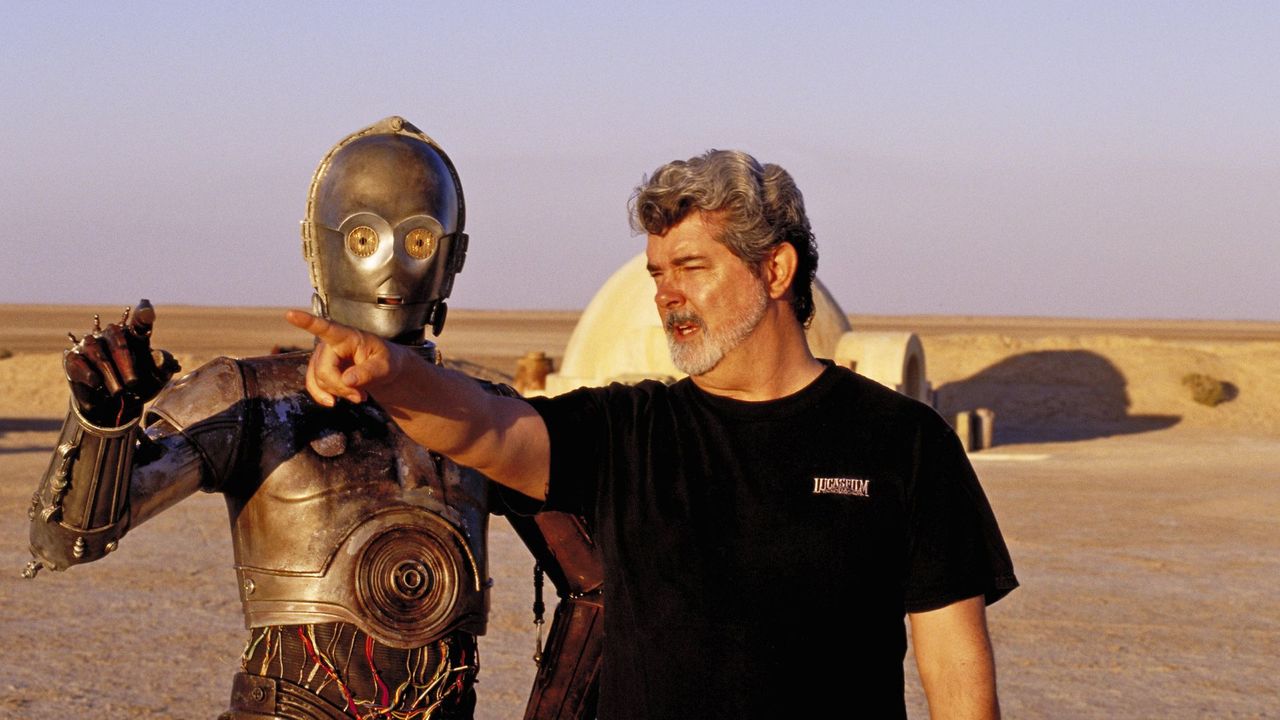
Legacy of Innovation
Lucasfilm, founded by George Lucas, has been a leader in the use of THX sound which dramatically improved audio quality in cinemas. His push for digital filmmaking has also paved the way for a new era in how films are shot and projected worldwide.
11. James Cameron
James Cameron is known for his monumental contributions to the science fiction and action genres, with groundbreaking films like “Titanic” and “Avatar.” Cameron’s films are distinguished by their impressive scale, technological innovation, and deep emotional connections. He is a pioneer in using technology to push the limits of cinematic achievements.
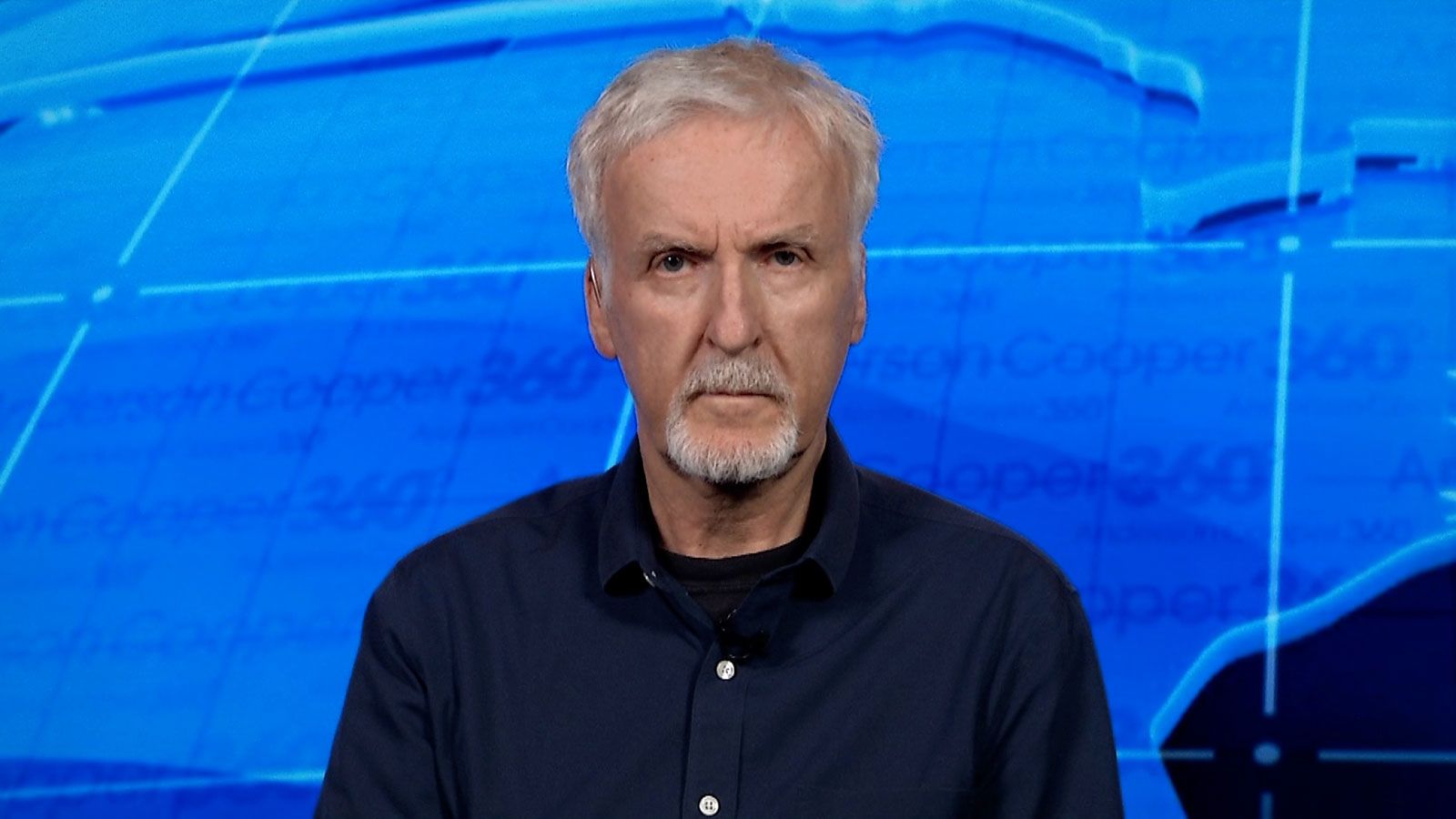
Pioneering Visual Effects
Cameron’s use of CGI and motion capture technology in “Avatar” set a new benchmark for visual effects in cinema, offering audiences immersive experiences previously thought impossible. His innovations have frequently pushed the envelope, expanding the possibilities of what can be achieved in filmmaking.
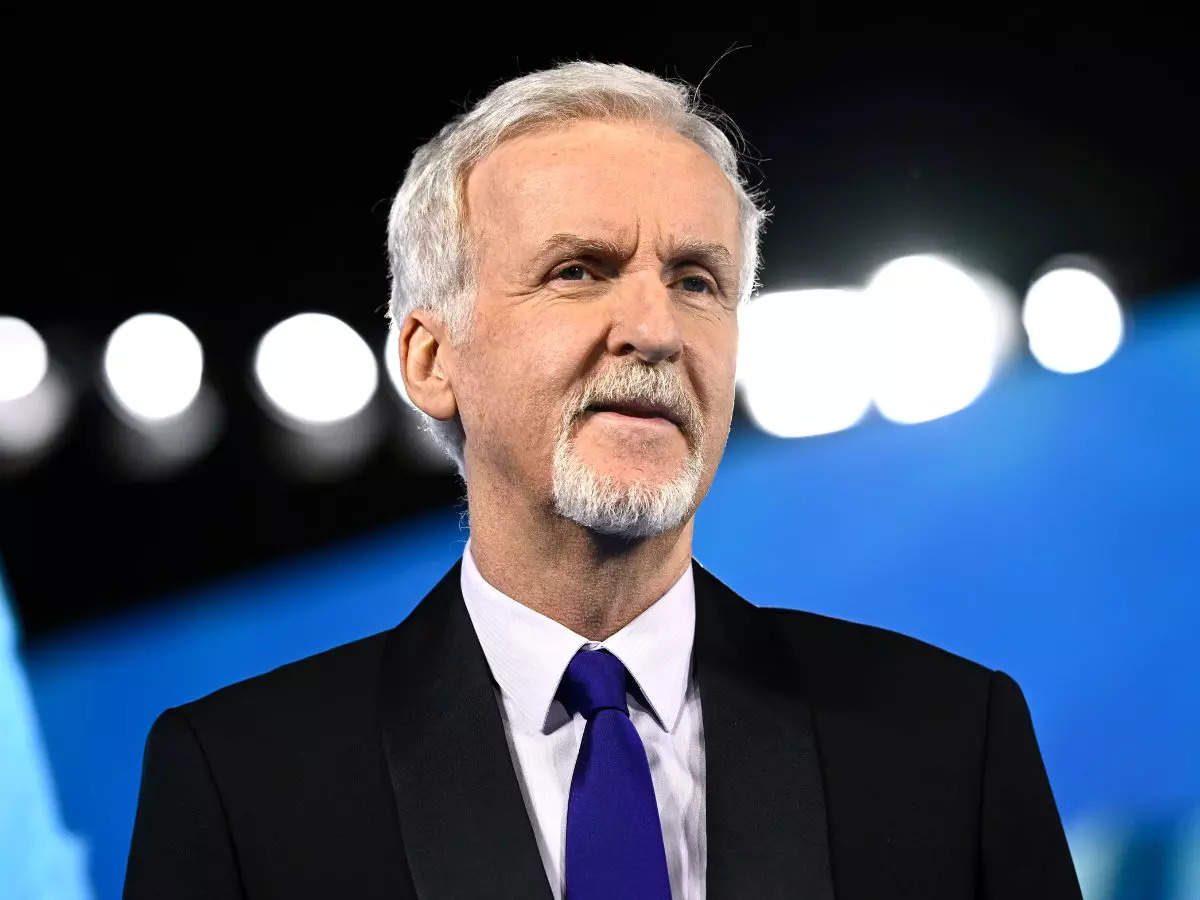
Thematic Depth
Beyond technology, Cameron’s films often explore complex themes such as environmentalism, technology’s impact on society, and human resilience. His ability to weave these themes into compelling narratives has made his films not only commercially successful but also critically acclaimed.
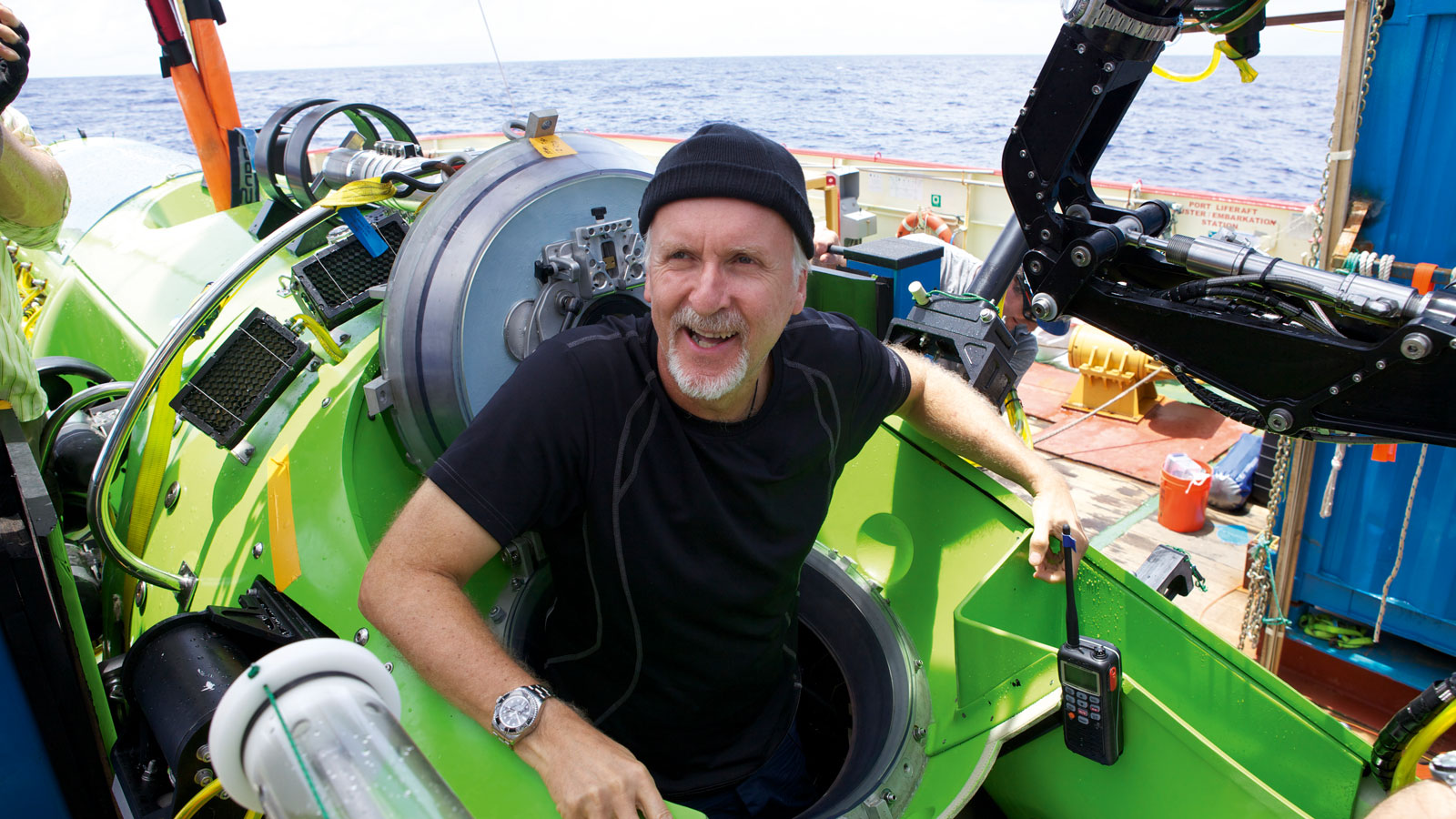
Influence on Future Filmmakers
Cameron’s dedication to exploring and investing in new technologies has inspired a generation of filmmakers to consider how tech can enhance storytelling in film. His films have left a lasting imprint on the industry, influencing both the types of stories told and the methods used to tell them.
12. Ridley Scott
Ridley Scott is celebrated for his visionary approach to filmmaking, with a particular strength in creating detailed, immersive worlds. His films, including “Blade Runner,” “Alien,” and “Gladiator,” have a distinct aesthetic that combines deep narratives with groundbreaking visual design. Scott’s ability to blend technology with storytelling has made him a pivotal figure in the development of the modern epic and science fiction genres.
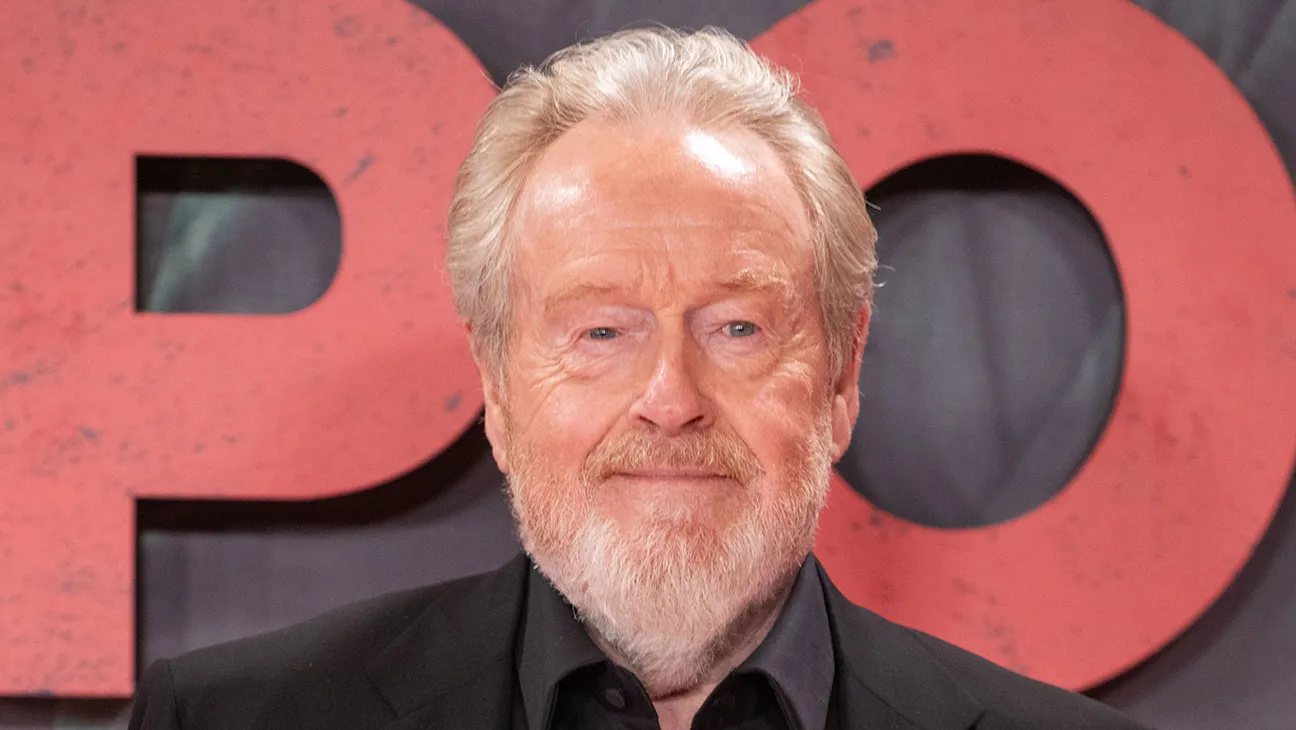
Master of World-Building
Scott’s attention to detail in world-building is evident in films like “Blade Runner,” where the dystopian future is rendered with intricate care, influencing not only film but also fashion, architecture, and cyberpunk culture.
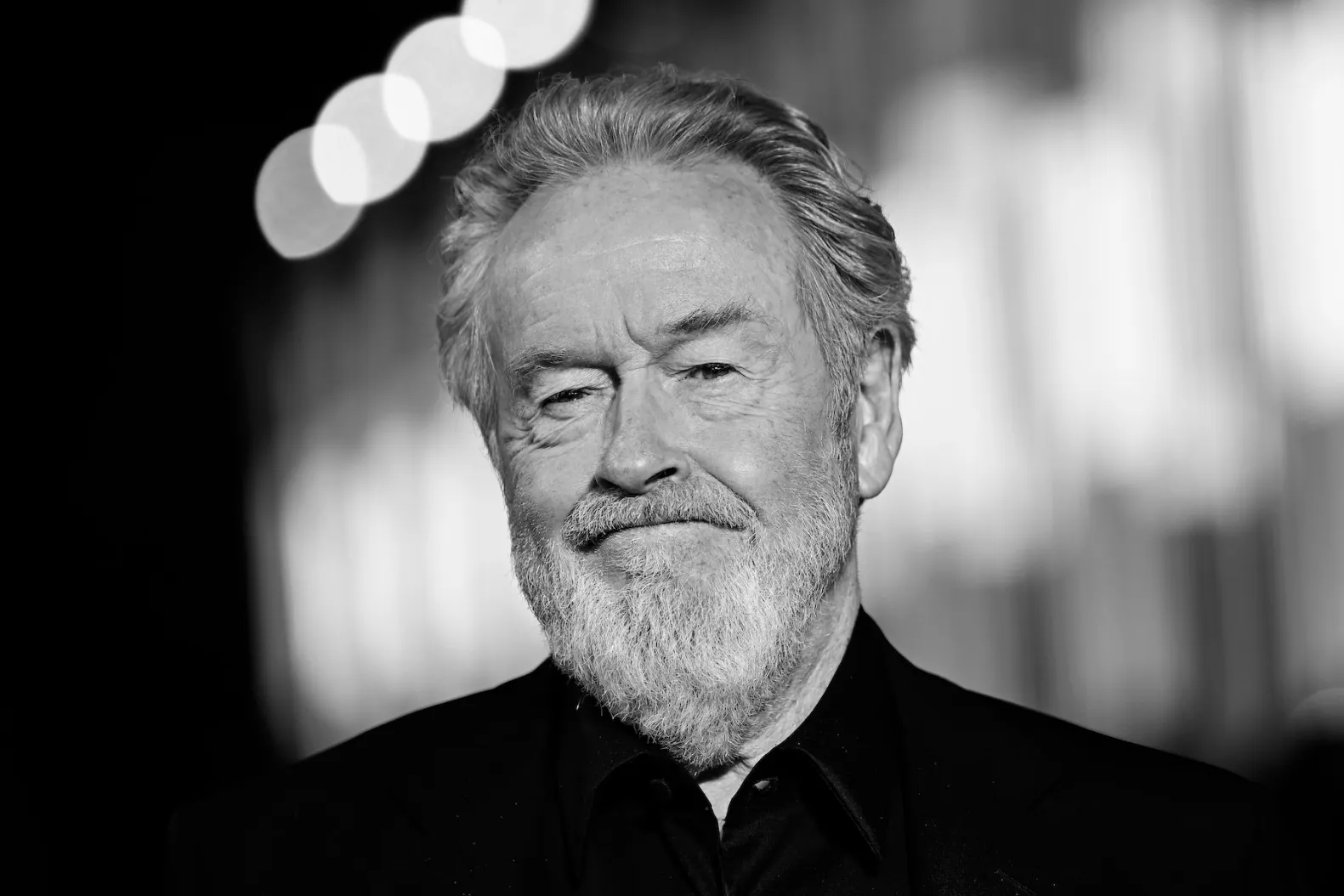
Genre Influence
His work in the science fiction and historical epic genres has redefined audience expectations and set new standards for production design, narrative depth, and character complexity. His films are often noted for their philosophical depth, exploring themes like artificial intelligence, morality, and the human condition.
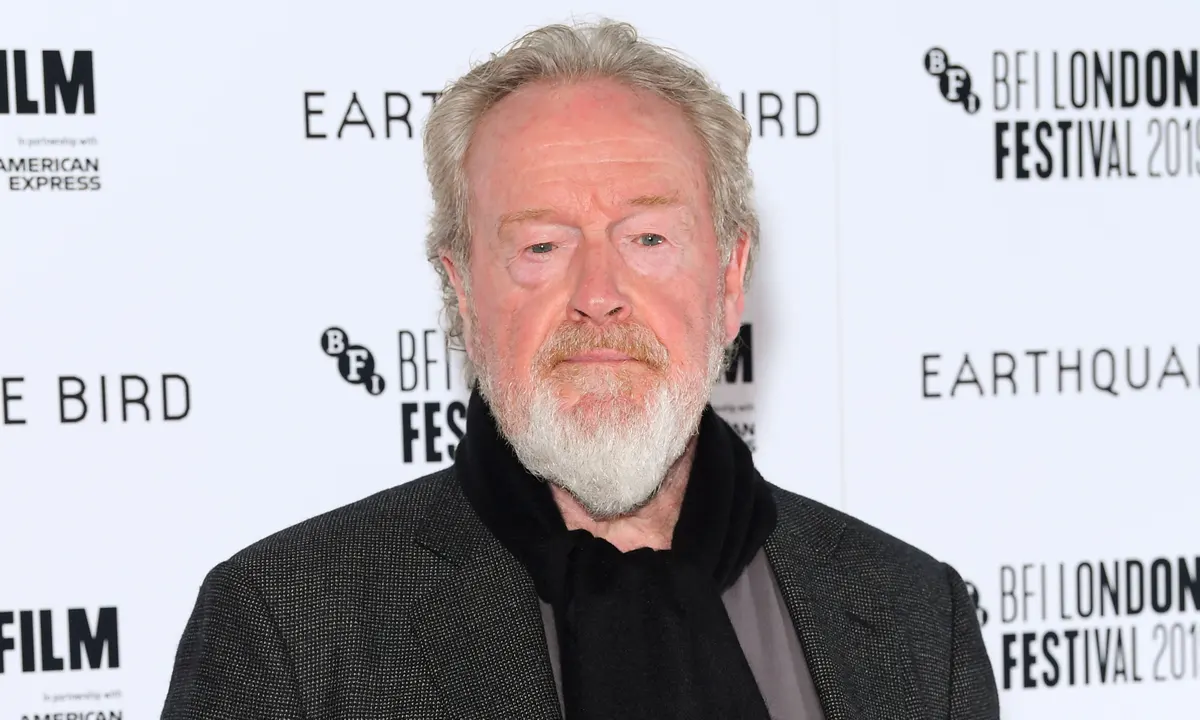
Enduring Legacy
Scott’s influence extends beyond his films. His work has shaped cinematic techniques and narrative forms across multiple genres, proving him to be one of the most enduring and influential directors in the history of cinema.
Conclusion of the Article
The directors profiled in this article have collectively shaped the evolution of Hollywood and global cinema through their innovative techniques, storytelling prowess, and visionary leadership. Each director has brought unique contributions to the table, influencing generations of filmmakers and continuously pushing the boundaries of what is possible in film. Their legacies, marked by landmark films and seminal contributions to film technology and narrative, continue to inspire and challenge the industry.
Moreover, these filmmakers have influenced generations, not only through their films but through their roles as mentors and advocates for cinematic arts. Martin Scorsese, for example, has been a tireless proponent of film preservation, ensuring that both classic and obscure films are maintained for future generations. This commitment extends beyond individual achievements to foster a broader cultural appreciation for cinema.
Their legacies are not confined to their filmography but continue to inspire new generations of filmmakers who draw upon their pioneering techniques, narrative strategies, and thematic depths. The influence of these directors is evident in the way films are made today, in the storytelling risks that contemporary filmmakers are willing to take, and in the ongoing evolution of film as a dynamic form of cultural expression.
In conclusion, the collective contributions of these directors have not just entertained millions but have also provoked thought, inspired change, and advanced the craft of filmmaking. Their work exemplifies the power of cinema to reflect and shape human experiences, making them true pillars of Hollywood and icons of the global film industry. Their enduring impact underscores the transformative power of cinema and its capacity to influence not only the entertainment landscape but also the broader cultural and social contexts.
